
In today's fast-paced world, it is essential to carve out time for self-care and relaxation. Hydrotherapy, also known as water therapy, has been used for centuries to promote physical and mental wellbeing. This practice harnesses the natural properties of water to soothe, heal, and rejuvenate the body. One of the most popular ways to enjoy hydrotherapy is through bath relaxation. In this article, we will explore the various relaxation benefits of hydrotherapy and discuss how you can incorporate it into your self-care routine for ultimate rejuvenation.
Understanding Hydrotherapy: A Brief History and Overview
Hydrotherapy has roots in ancient civilizations, with evidence of its use dating back thousands of years to the Romans, Greeks, and Egyptians. These ancient cultures harnessed the therapeutic powers of water in various forms, such as hot springs, steam baths, and seaside resorts. Today, modern hydrotherapy techniques include showers, bathtubs, pools, and whirlpools, providing a versatile and accessible approach to relaxation and healing.
Hydrotherapy provides a host of benefits, including stress reduction, pain relief, and improved circulation, owing to water's unique properties such as buoyancy, temperature, and pressure. By immersing yourself in a hydrotherapy bath, you unlock these benefits, promoting a sense of calm and rejuvenation throughout your body.
Unwinding with Bath Relaxation: The Power of Hydrotherapy
1. Stress Reduction and Mental Clarity
One of the primary benefits of hydrotherapy is its ability to reduce stress and promote mental clarity. Warm water aids in relaxing tense muscles, while the soothing sensation of water enveloping your body encourages a meditative state. This relaxation supports the release of endorphins, the body's natural "feel-good" chemicals, leading to reduced anxiety and a more balanced mood.
2. Muscle and Joint Pain Relief
Hydrotherapy is known to provide lasting relief from muscle and joint pain. The buoyancy of water supports your body and reduces pressure on joints and muscles, while warm water increases blood flow, reducing inflammation and easing discomfort. This combination of buoyancy and warmth provides a soothing environment that encourages relaxation and promotes healing. Incorporating hydrotherapy, especially bath relaxation, into your routine can provide significant relief for those suffering from chronic pain or recovering from injury.
3. Enhanced Sleep Quality
Sleep is essential for overall health and wellbeing, and bath relaxation is particularly effective in promoting restful, restorative sleep. The warm water of a hydrotherapy bath raises your body temperature, triggering a natural response to cool the body and initiate relaxation. Additionally, the calming experience of a hydrotherapy session eases worries and reduces stress levels, facilitating a smooth transition to sleep when the session concludes. Incorporating bath relaxation into your evening routine can result in improved sleep quality and a more refreshed waking state.
Creating the Ultimate Hydrotherapy Bath Relaxation Experience at Home
Transforming your bathtub into a restorative hydrotherapy haven is both simple and effective. Below, we provide a few suggestions for enhancing your bath relaxation experience and reaping the full benefits of hydrotherapy:
1. Use a High-Quality Bath Pillow
A comfortable and supportive bath pillow, like the Ultimate Bath Pillow for Tub, is crucial to enhancing your bath relaxation experience, ensuring proper neck and head support as you soak.
2. Choose the Right Temperature
The temperature of your hydrotherapy bath plays a significant role in promoting relaxation and healing. Aim for a temperature between 90°F and 104°F (32°C and 40°C) and adjust according to your personal comfort level.
3. Add Aromatherapy and Bath Salts
Incorporate calming bath salts, essential oils, or bubbles for an even more luxurious and calming soak. Aromatherapy and mineral-infused salts can provide additional relaxation benefits, enhancing your hydrotherapy experience.
4. Set the Scene for Relaxation
Create a serene and distraction-free environment to fully enjoy your bath relaxation experience. Consider incorporating soft lighting, soothing music, and mindfulness practices to elevate your hydrotherapy session.
The relaxing benefits of hydrotherapy are powerful and wide-ranging. By incorporating these various elements into your bath relaxation routine, you will transform your bathtub into a rejuvenating oasis, providing your body and mind with the ultimate healing experience. As you continue to embrace bath relaxation, you will discover the potential of hydrotherapy in boosting your overall wellbeing and enhancing your self-care practice.
In summary, hydrotherapy provides numerous relaxation benefits, including stress reduction, muscle and joint pain relief, and improved sleep quality. Integrating bath relaxation into your self-care routine is an effective way to harness the restorative properties of hydrotherapy. By establishing an inviting and serene bathing environment with a supportive bath pillow, optimal temperature, and aromatherapy, you will be on your way to discovering the transformative power of hydrotherapy for your mind, body, and soul.
Frequently Asked Questions about Hydrotherapy
How does hydrotherapy benefit performance?
Hydrotherapy can positively impact physical performance by aiding in muscle recovery, reducing inflammation, and decreasing muscle soreness. Athletes and individuals involved in physical activities can incorporate hydrotherapy into their post-workout routine, taking advantage of its restorative properties. A hydrotherapy session, particularly a warm water soak, can help relax muscles, improve flexibility, and potentially prevent injury, enhancing overall performance and physical health.
How does hydrotherapy improve circulation?
The temperature and buoyancy of water play a crucial role in hydrotherapy's ability to improve circulation. Warm water causes blood vessels to dilate, allowing for increased blood flow throughout the body. The buoyancy effect reduces pressure on the body's joints, promoting relaxation and improving blood flow to the extremities. Improved circulation has various benefits from speeding up muscle recovery, alleviating joint pain, and promoting overall well-being.
How does hydrotherapy relieve stress?
Hydrotherapy is an effective stress-reliever due to the soothing effects of water on our body and mind. Warm water immersions help to relax tense muscles, while the enveloping sensation of water promotes a sense of calm and safety. By easing physical tension and providing a meditative environment, hydrotherapy encourages the release of endorphins, the body's natural "feel-good" chemicals. This combination of physiological and psychological effects leads to a relaxation state, reducing anxiety and stress levels.
What conditions benefit from hydrotherapy?
Hydrotherapy offers a wide range of benefits for various conditions. Some of the conditions that may benefit from hydrotherapy include:
- Chronic pain conditions: Fibromyalgia, arthritis, and back pain can see improvement through hydrotherapy, as it provides gentle pain relief and muscle relaxation.
- Injuries: Athletes and people recovering from injuries can benefit from hydrotherapy for muscle recovery, pain relief, and increased flexibility.
- Mental health conditions: Hydrotherapy can be an effective complementary treatment for conditions such as anxiety, depression, and stress by inducing relaxation, improving mood, and promoting mental clarity.
- Sleep disorders: Hydrotherapy, especially in the form of bath relaxation, can improve sleep quality by promoting relaxation and regulating body temperature.
- Circulatory disorders: The improved blood flow achieved through hydrotherapy can be beneficial for people with poor circulation, varicose veins, or peripheral artery disease.

Please consult a healthcare professional before using hydrotherapy as a treatment, and always ensure that your hydrotherapy sessions are tailored to your individual needs and limitations.
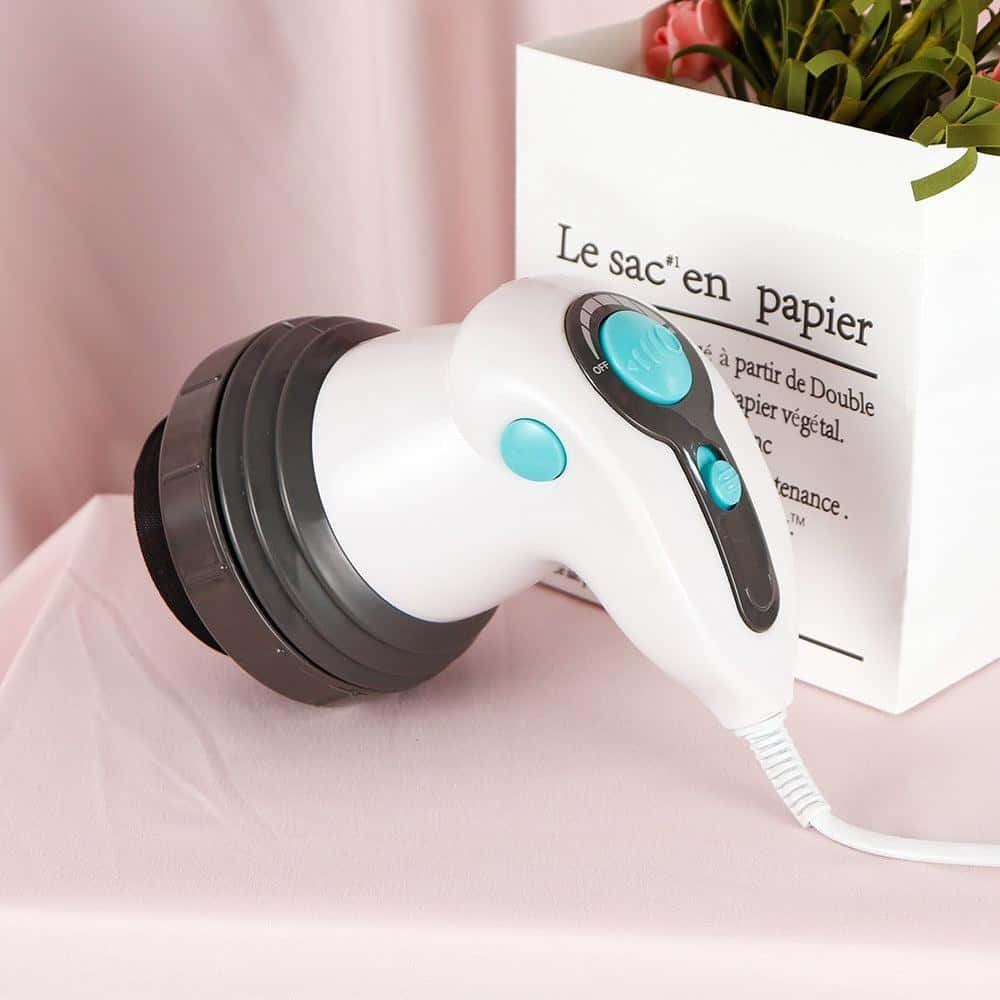
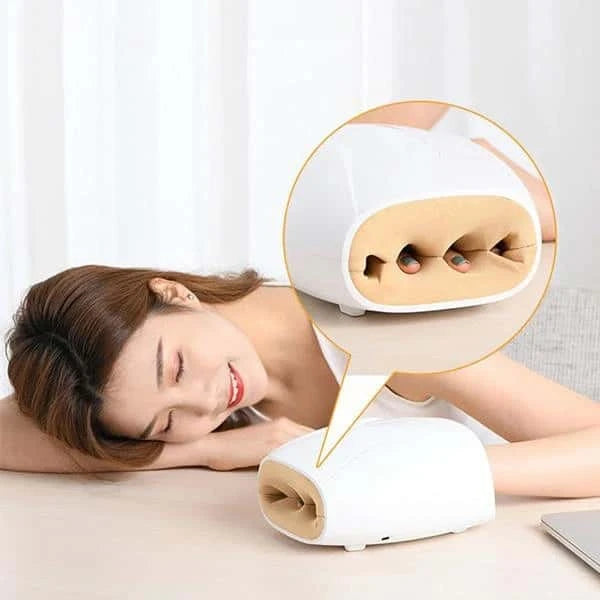
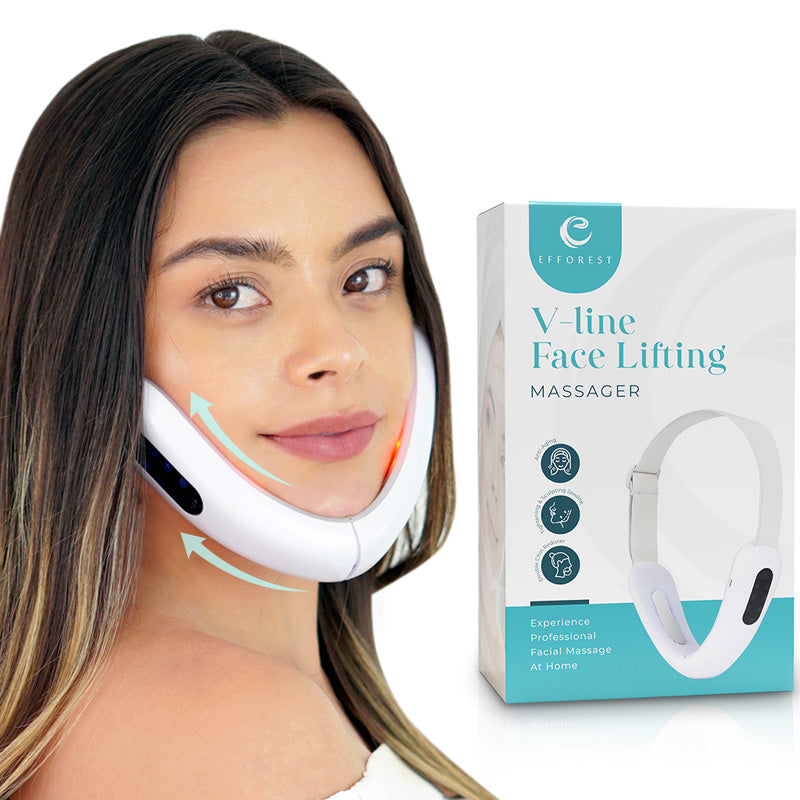

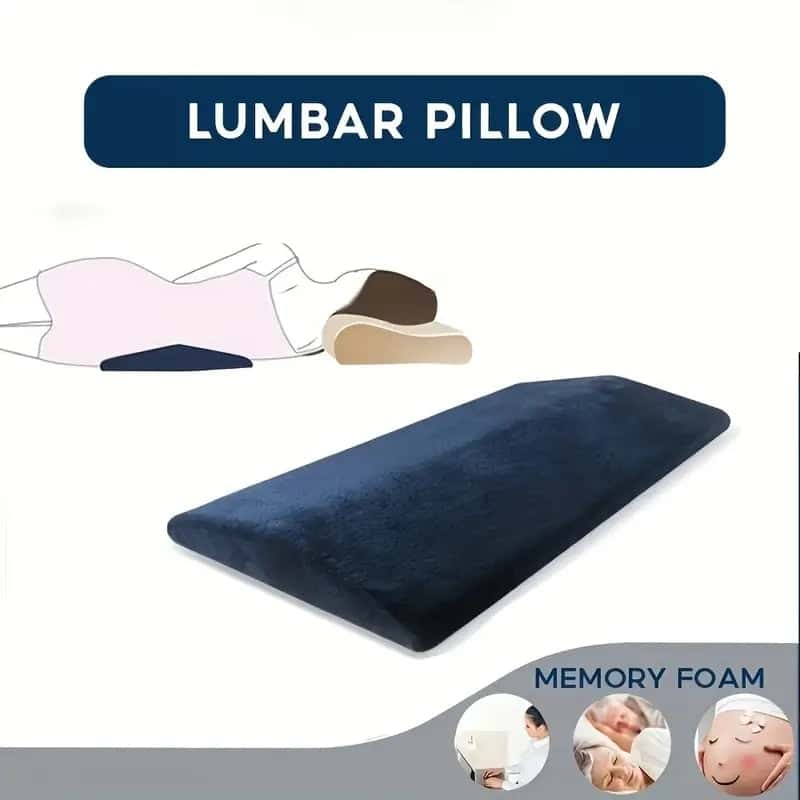

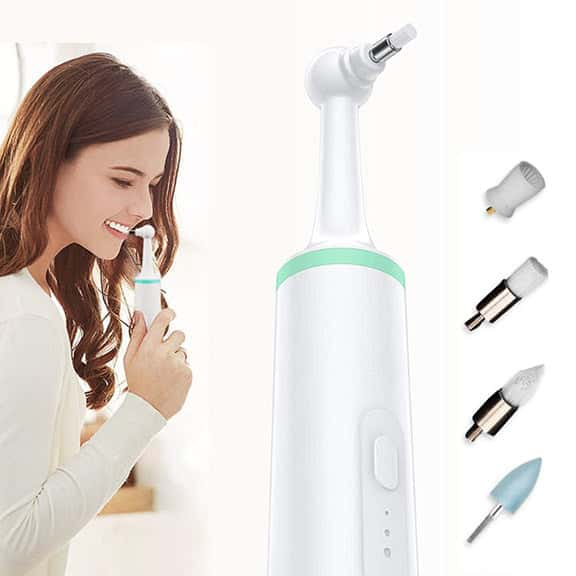
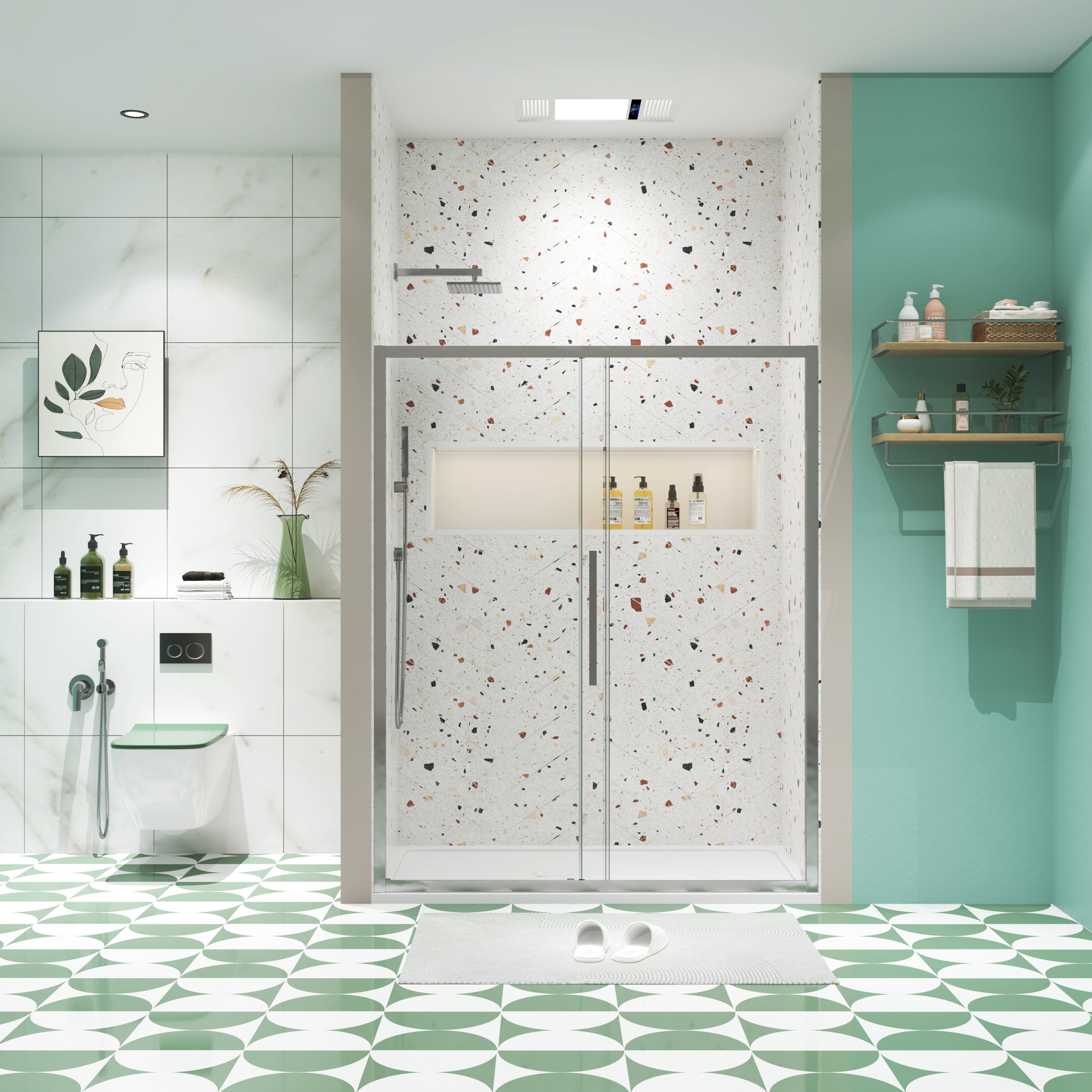

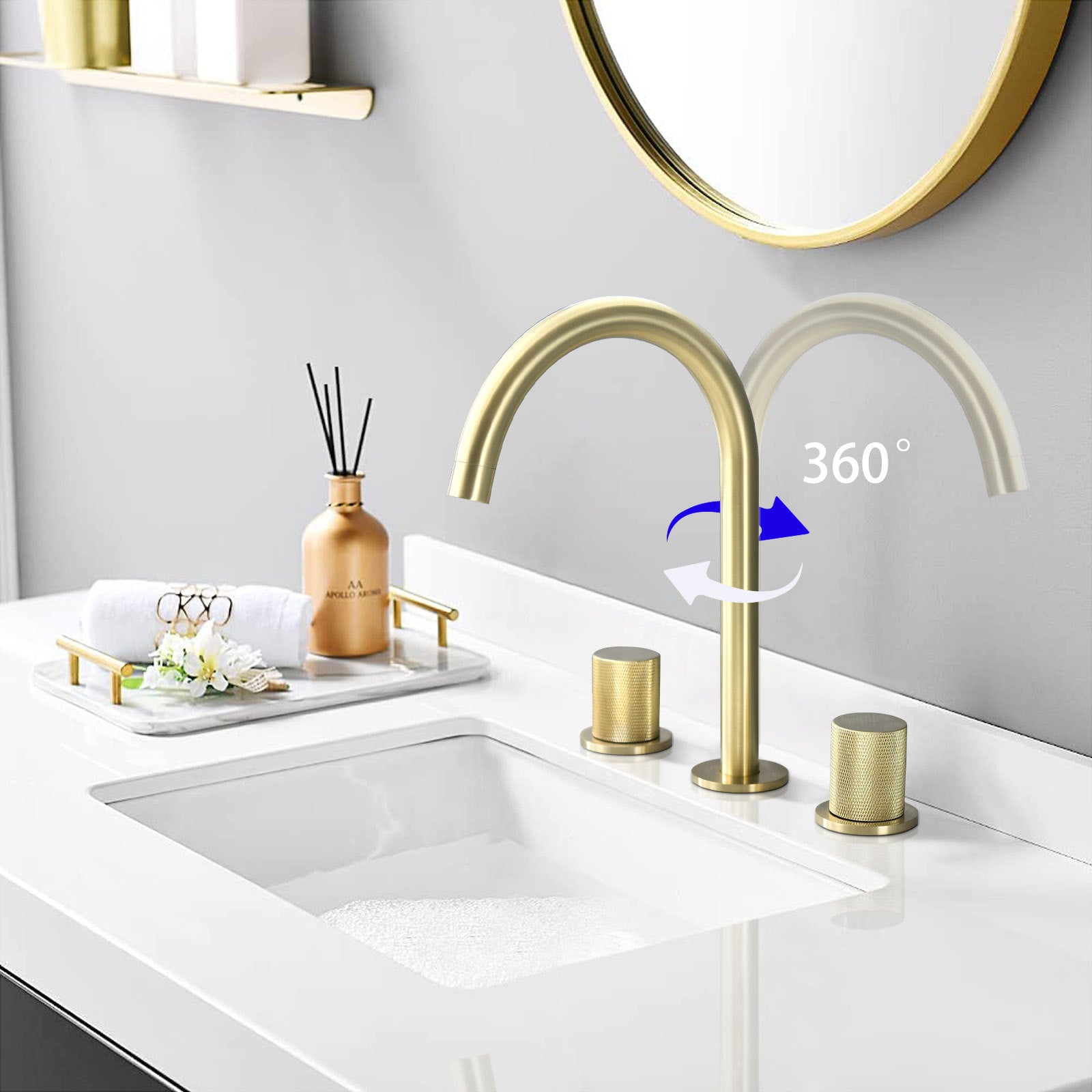
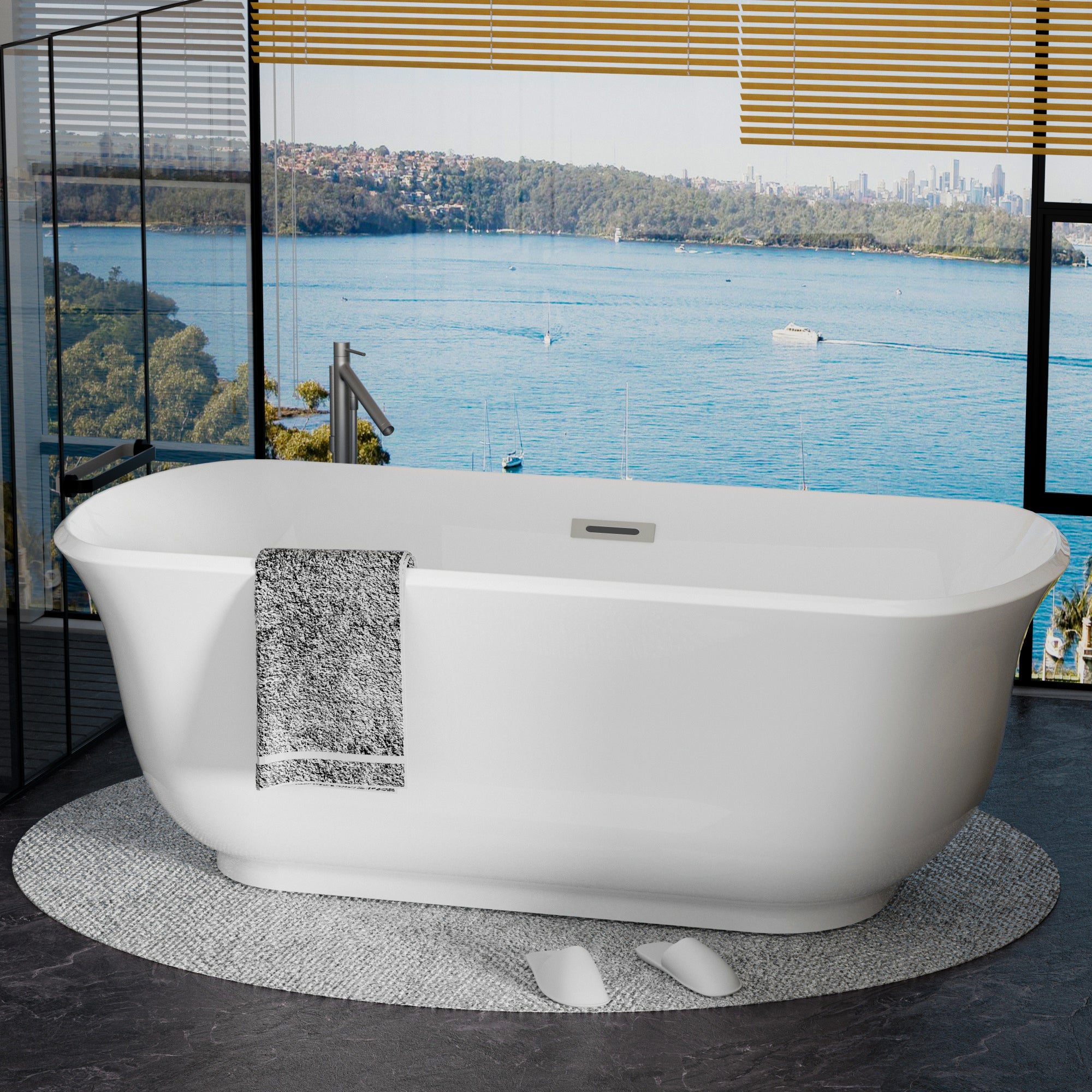
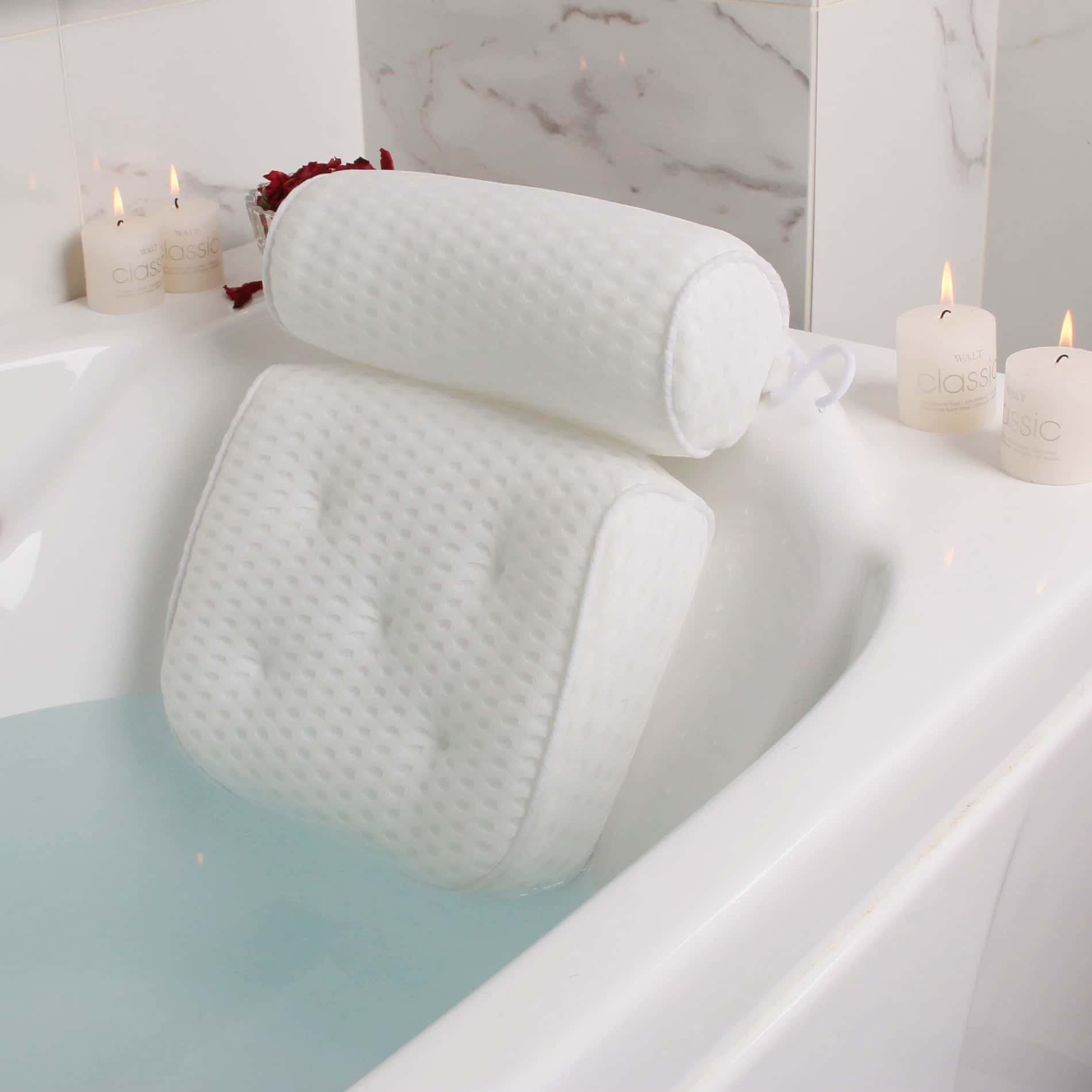
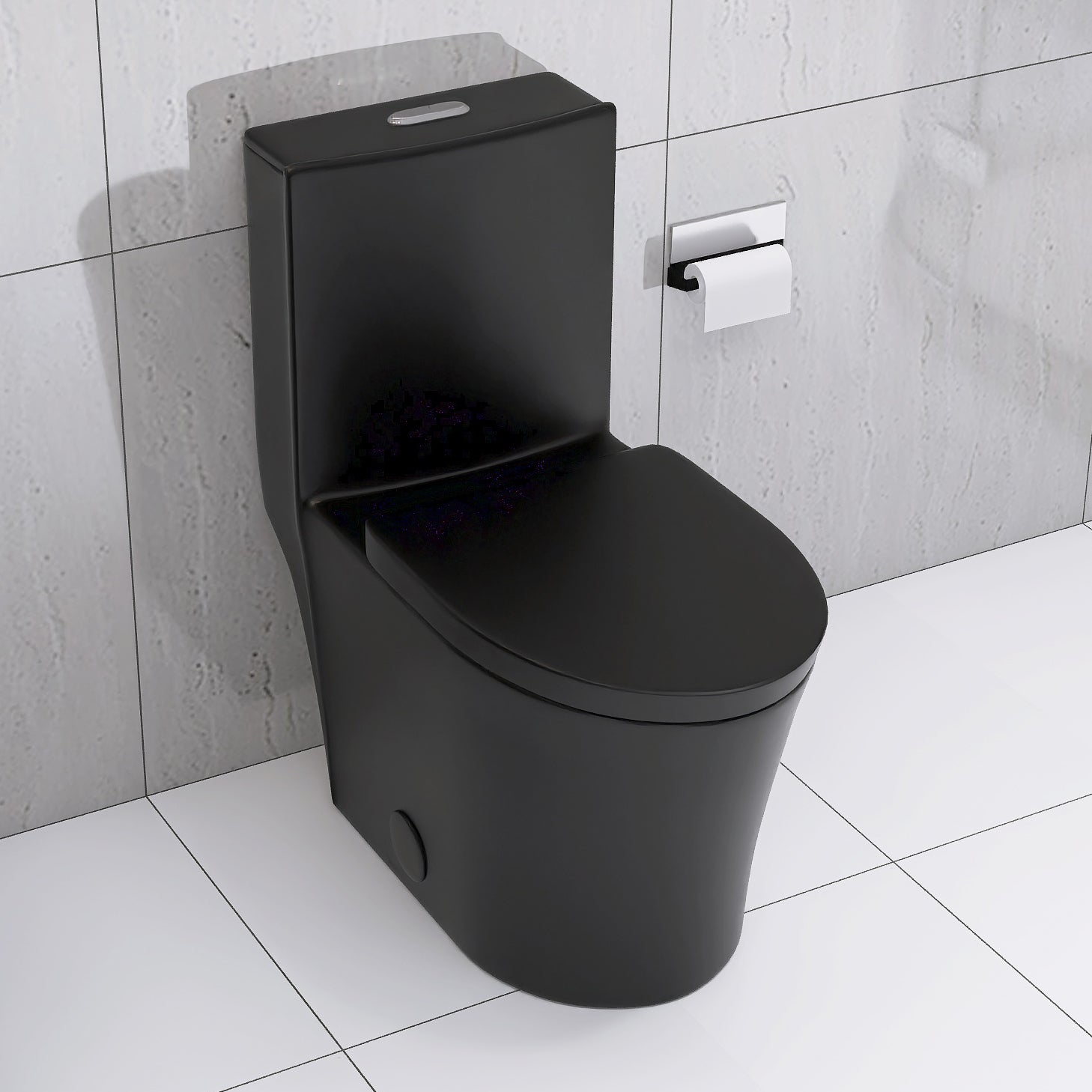

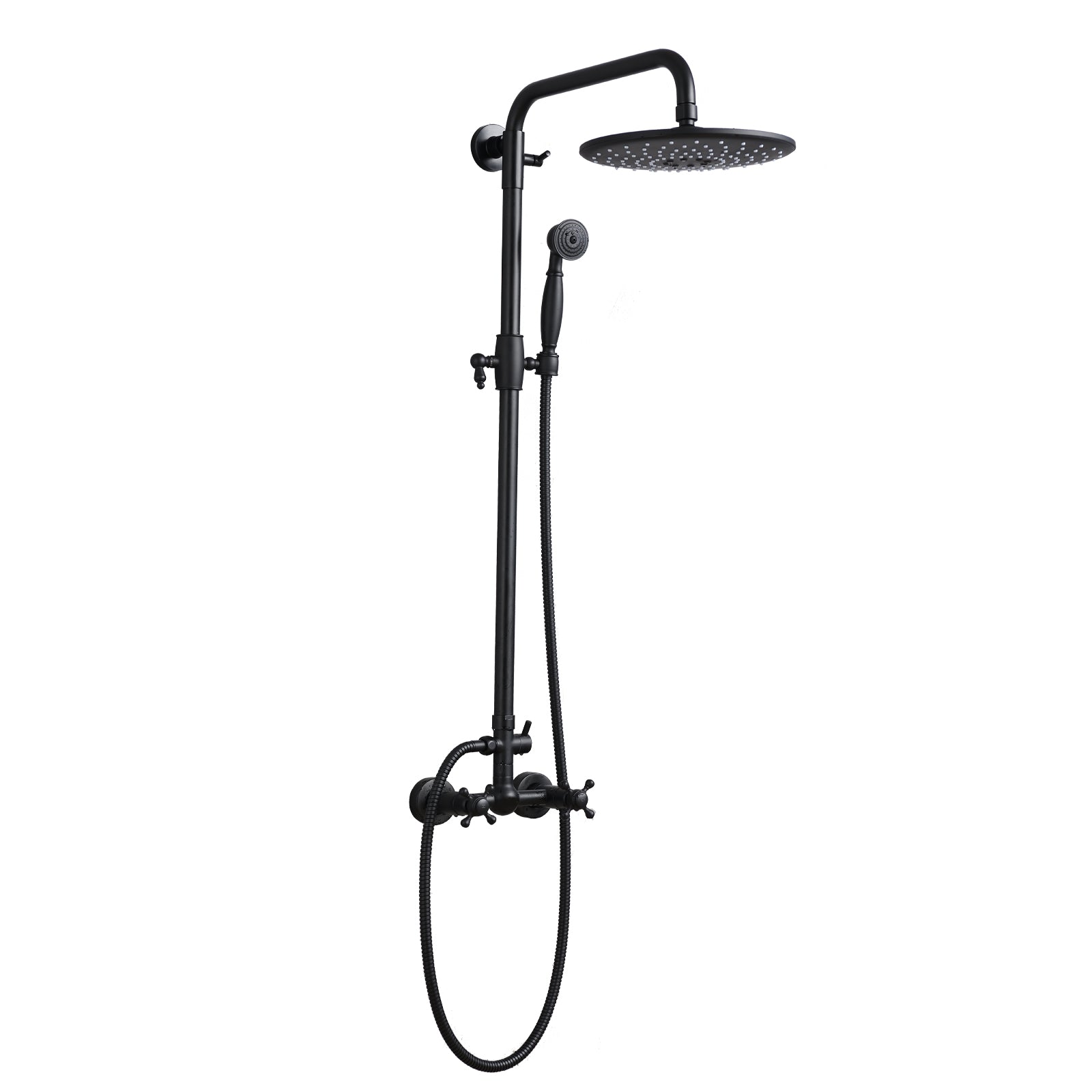










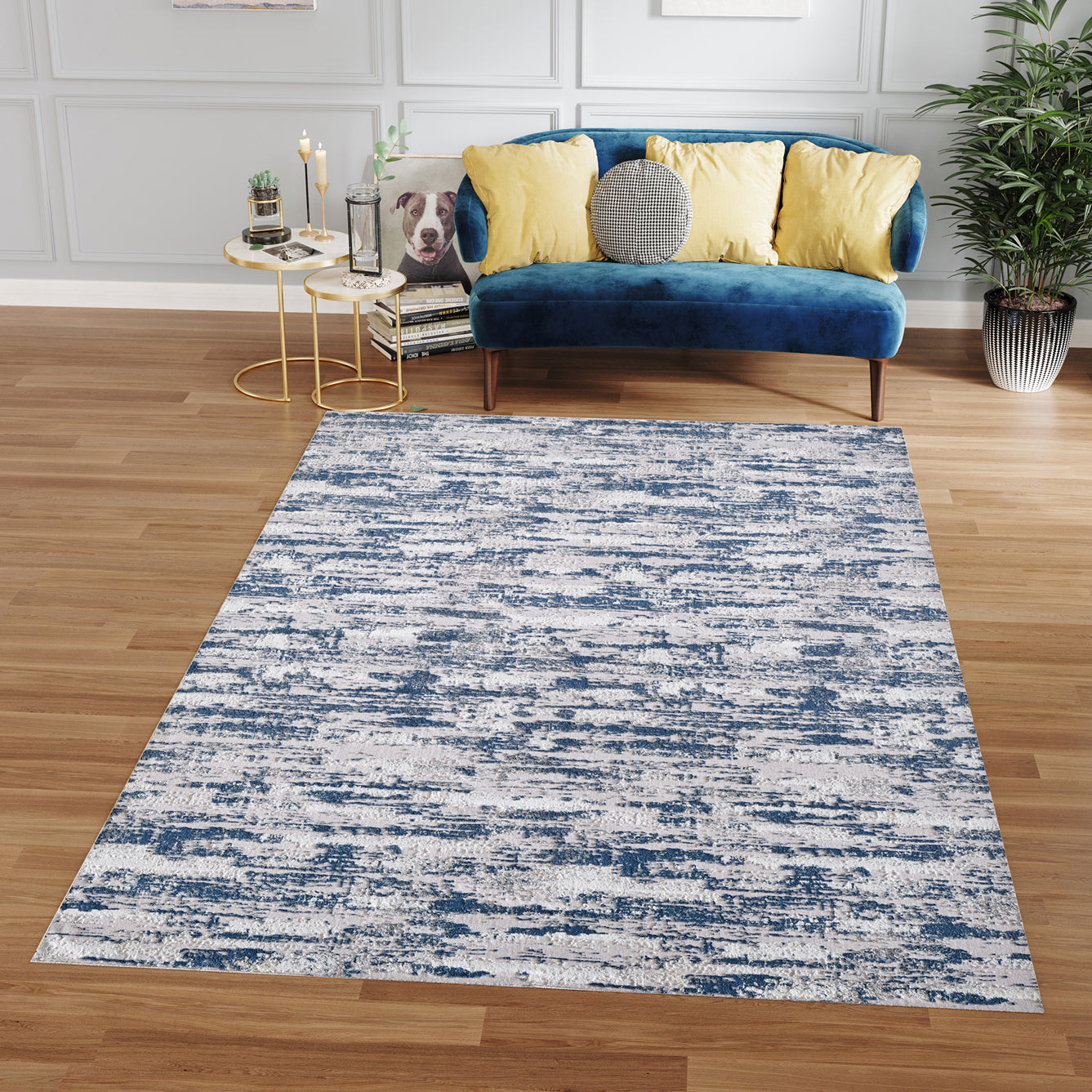
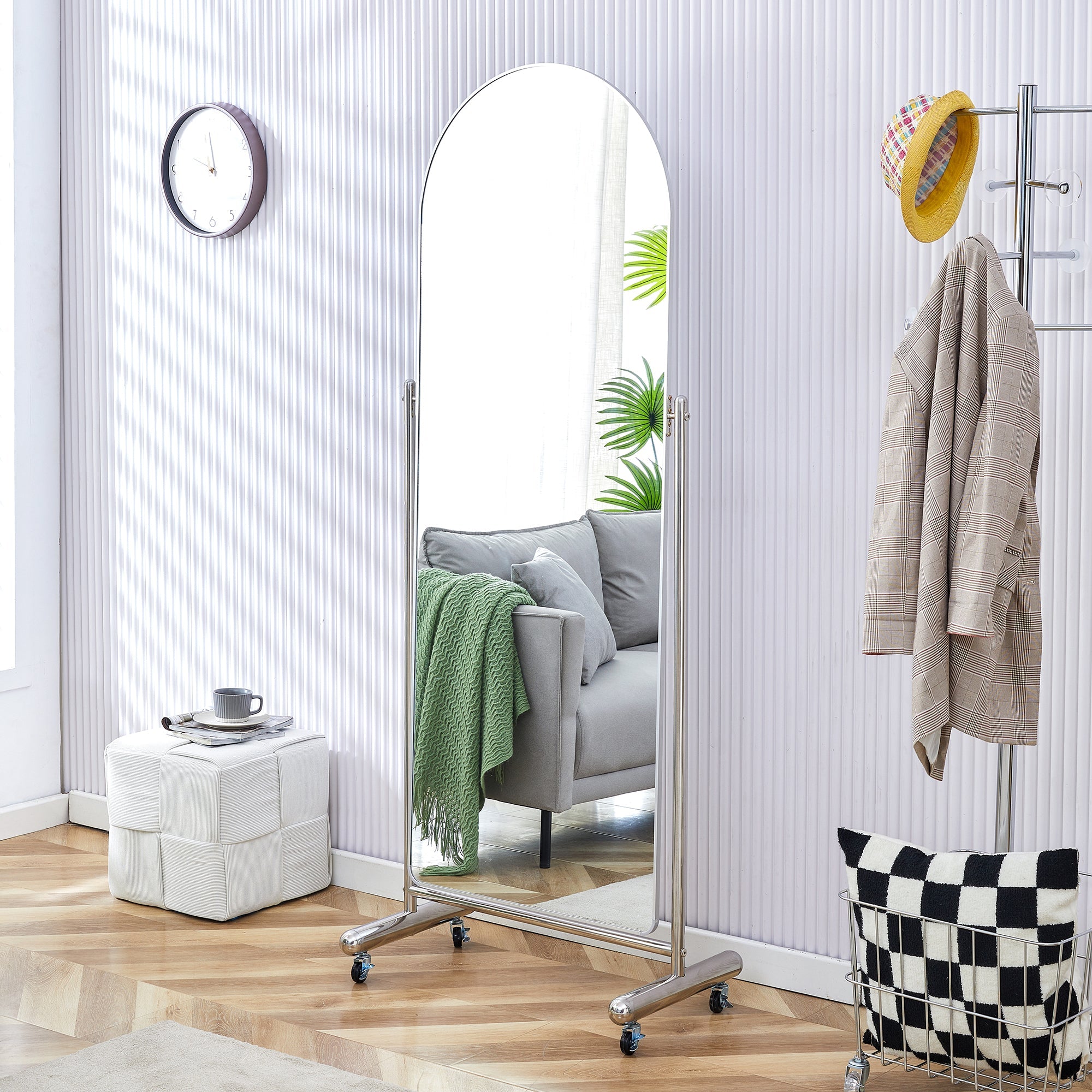

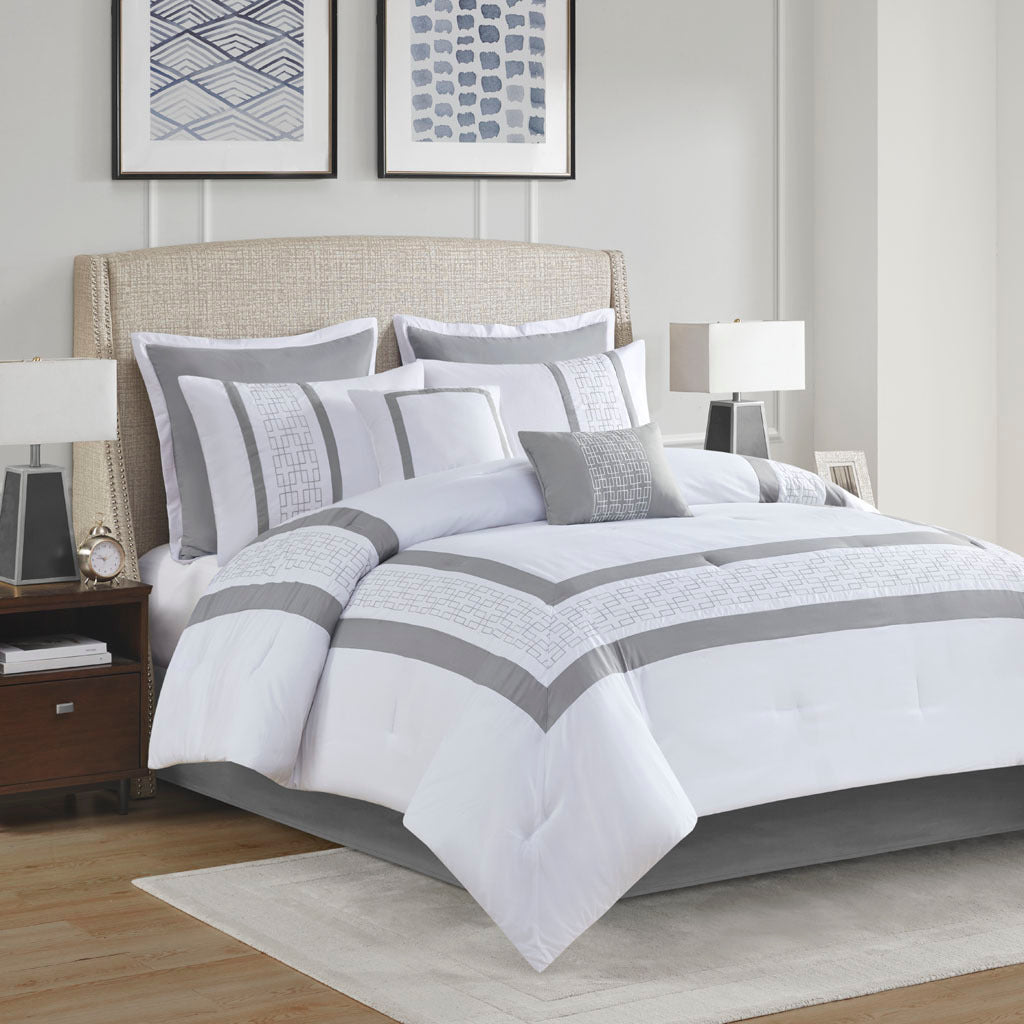


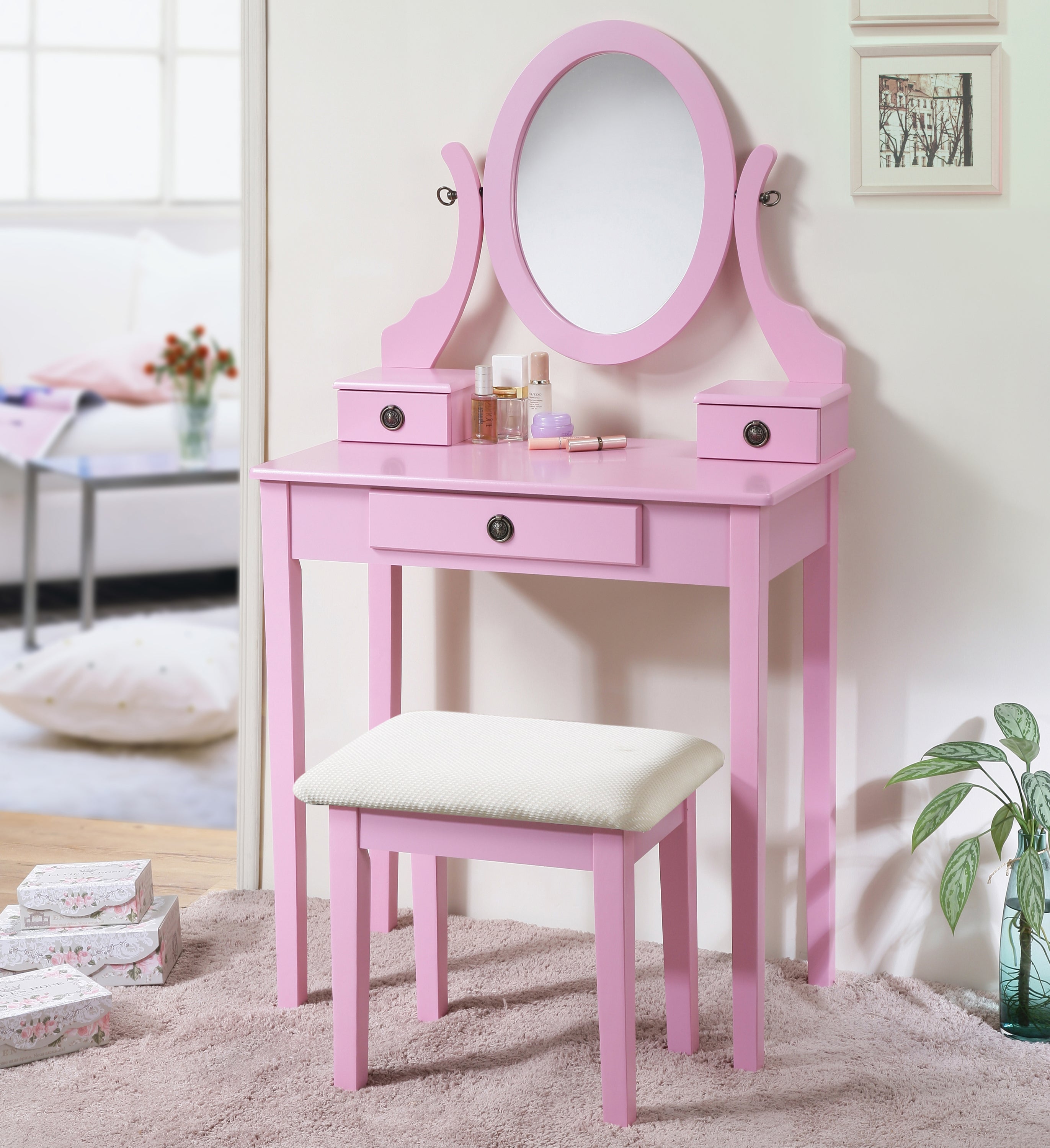
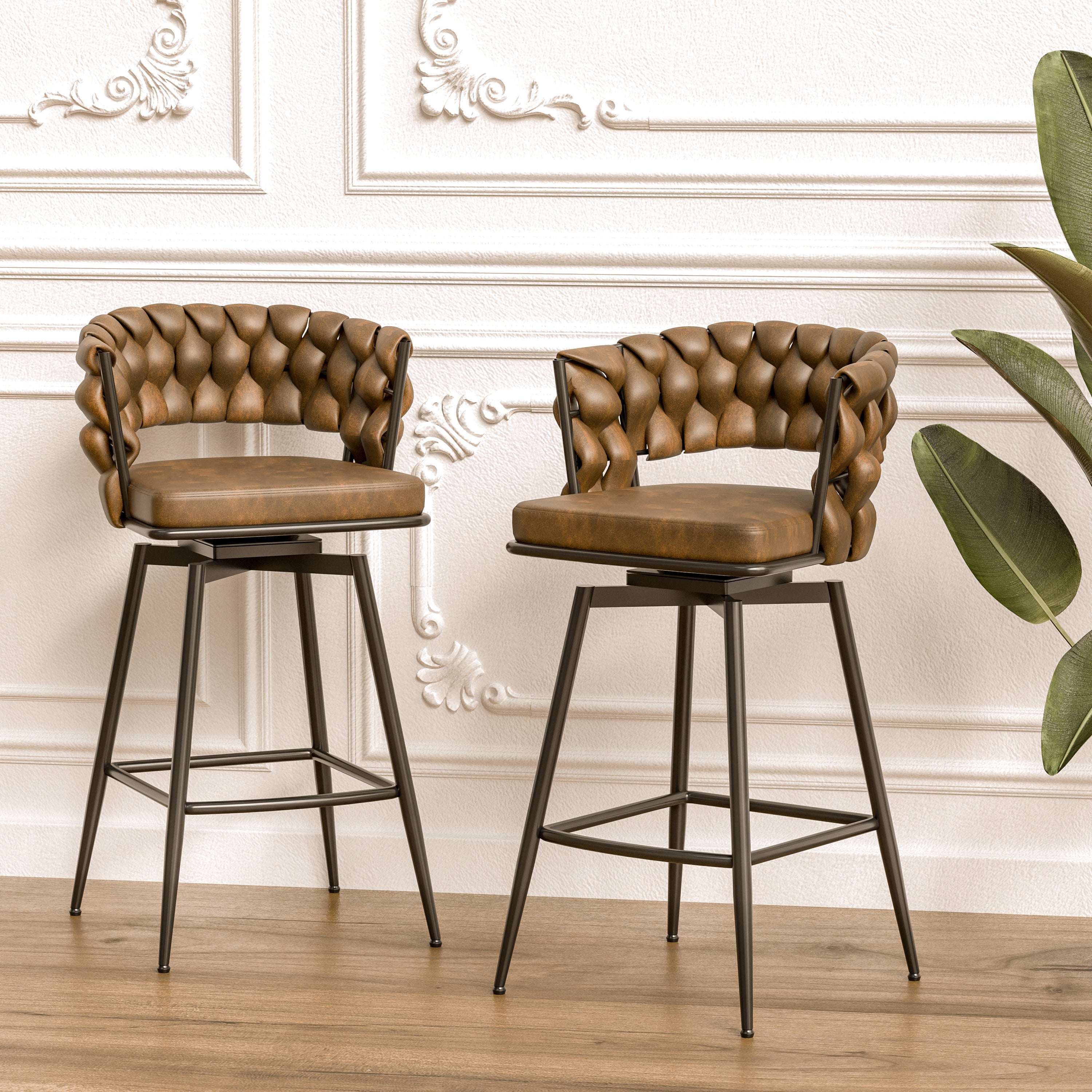
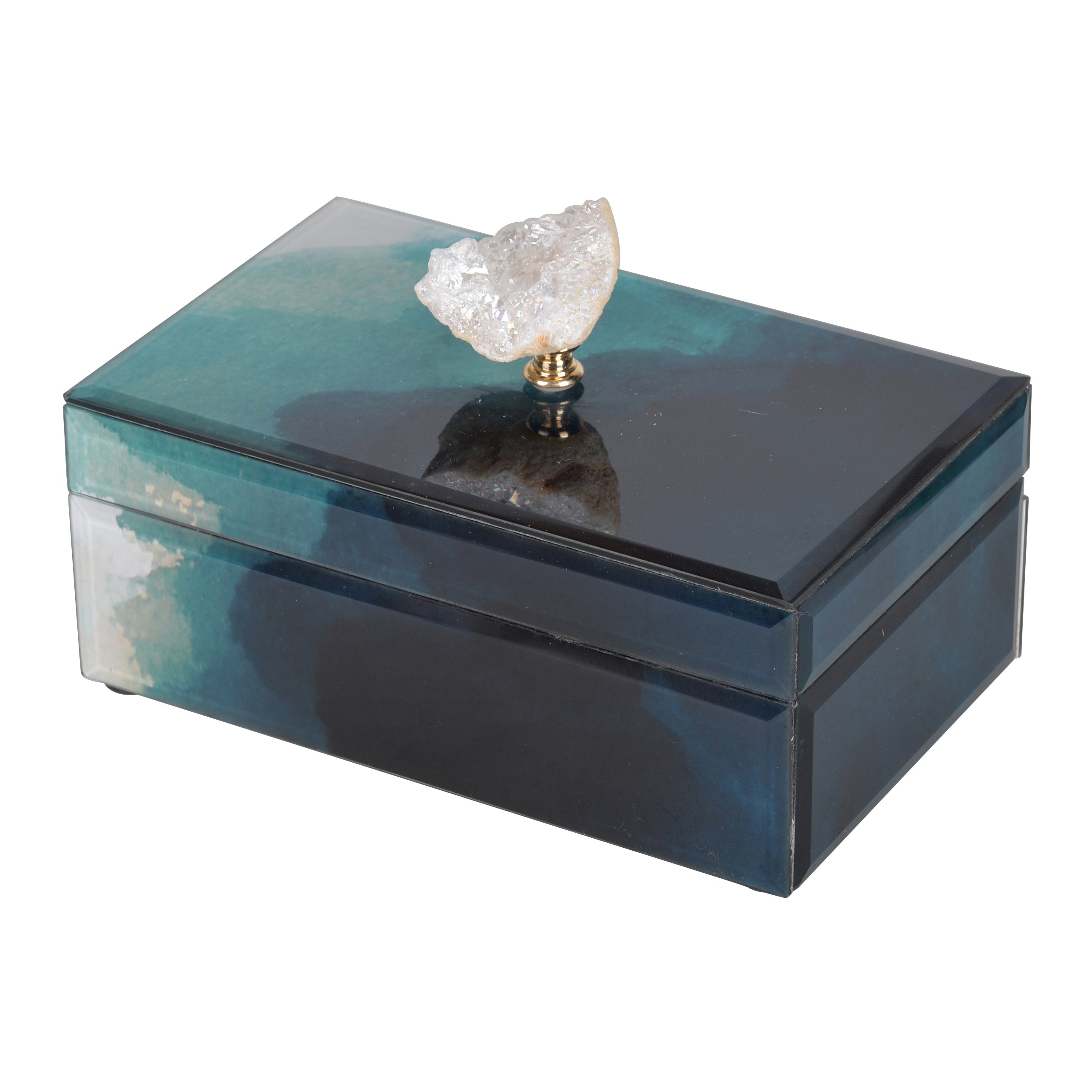
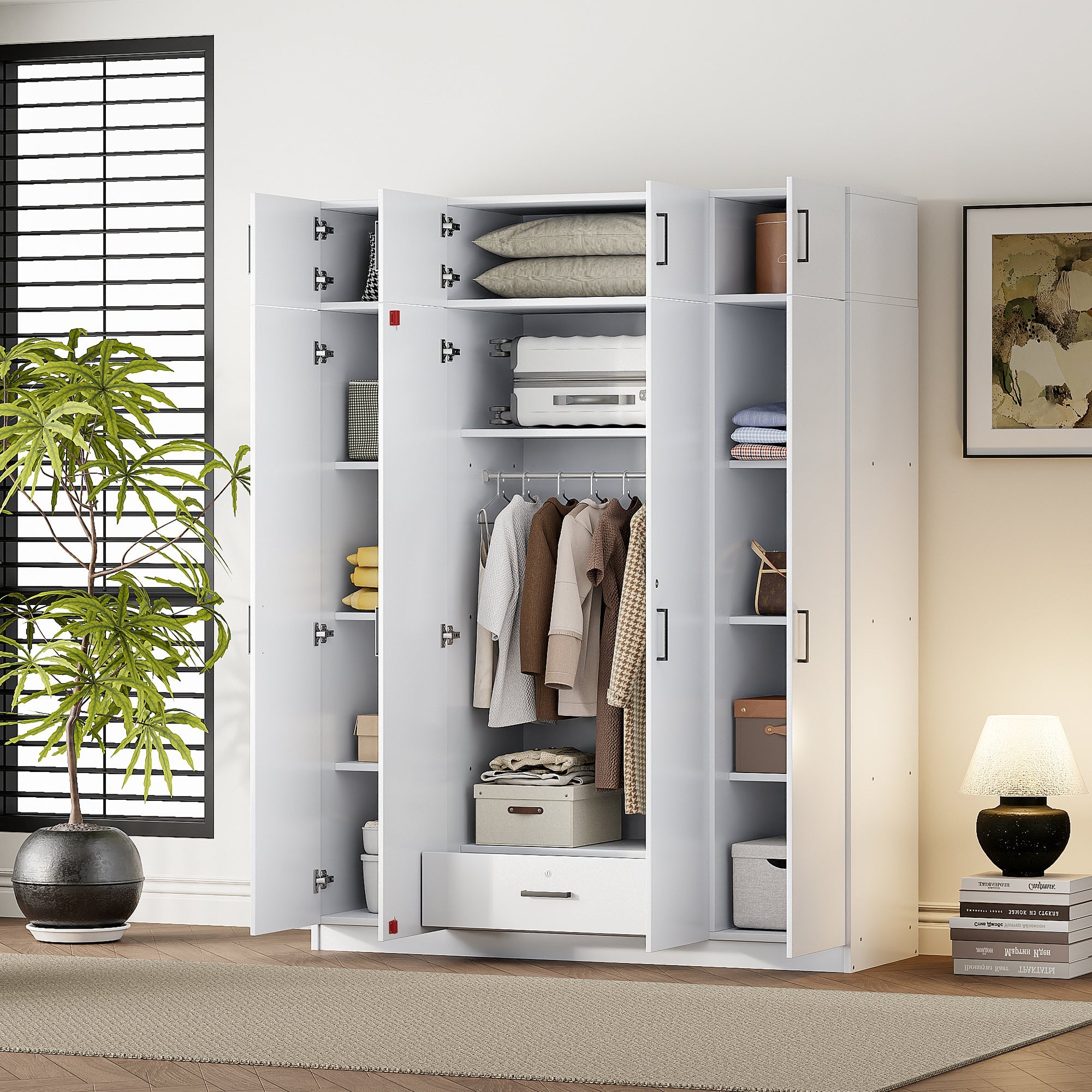
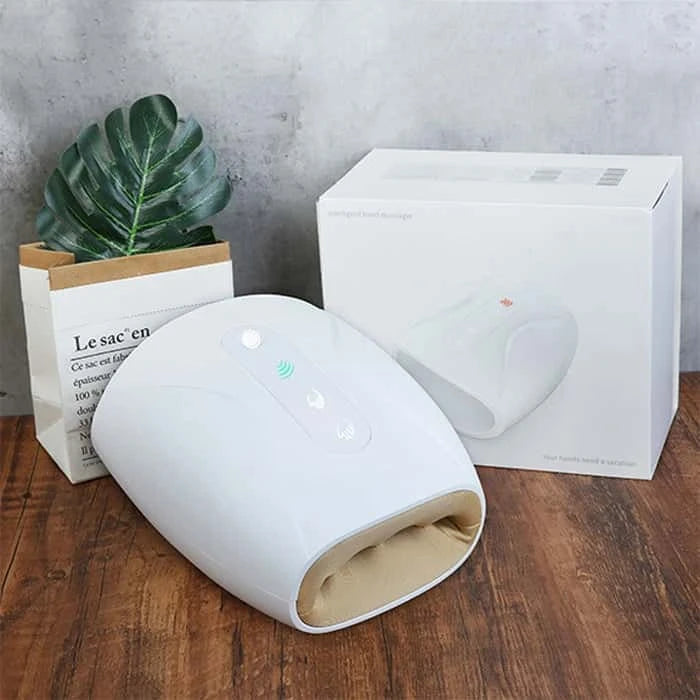
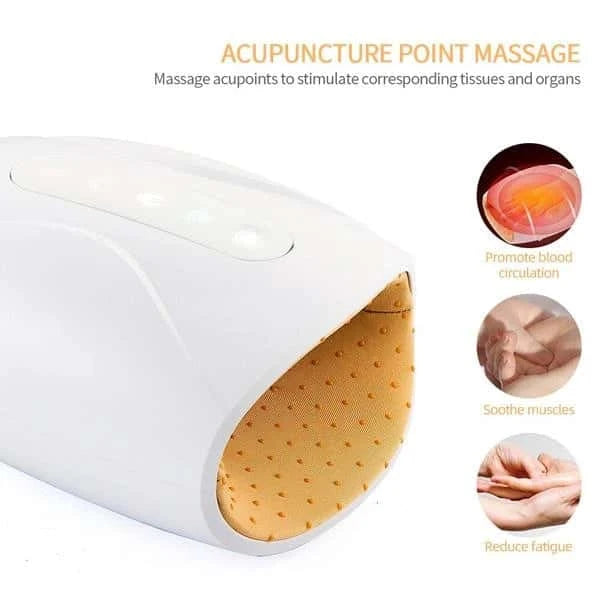
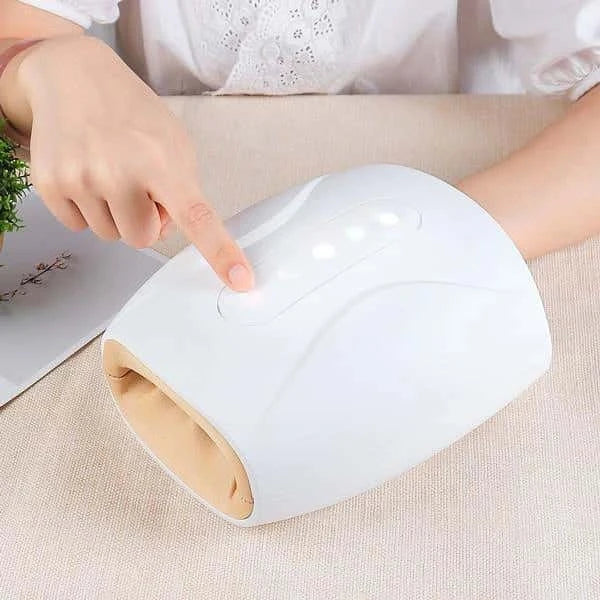
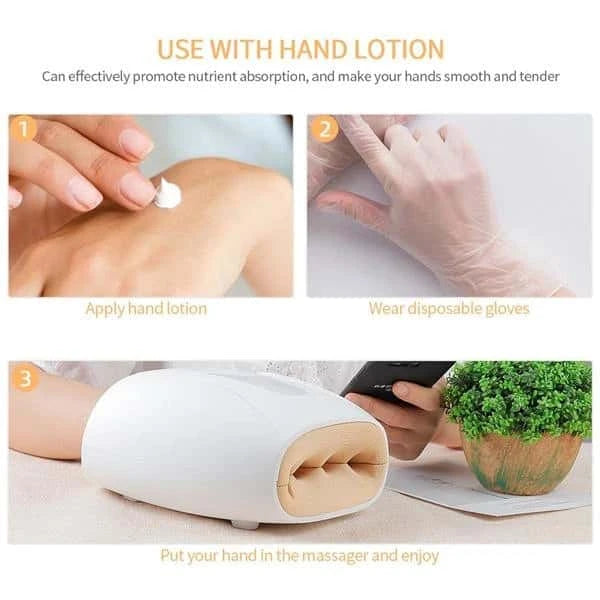

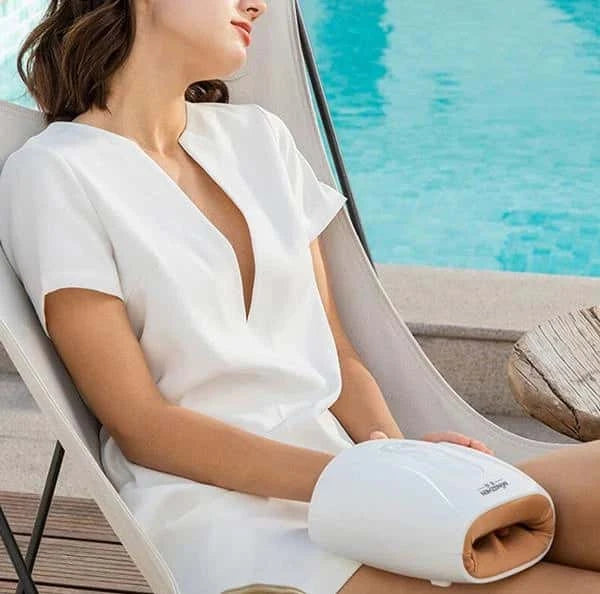
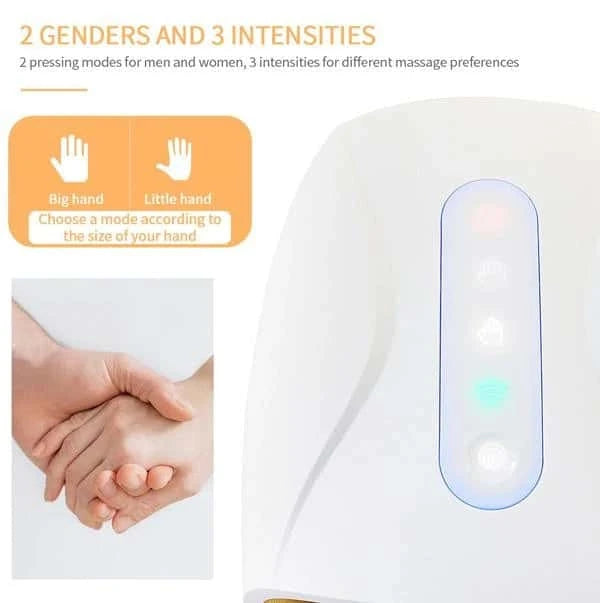
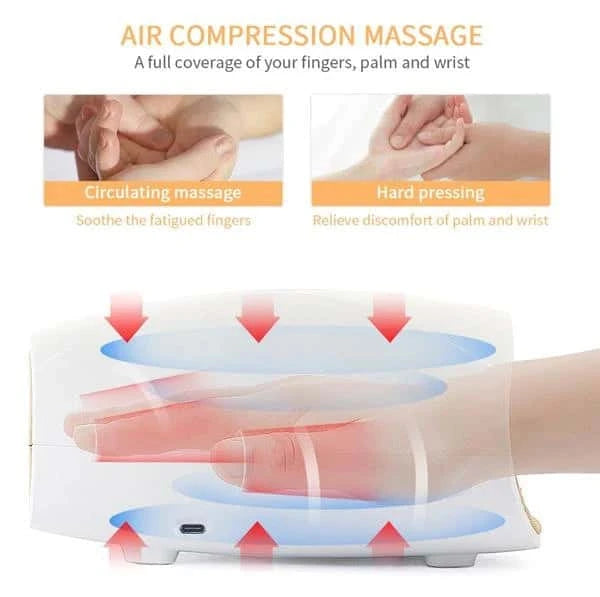
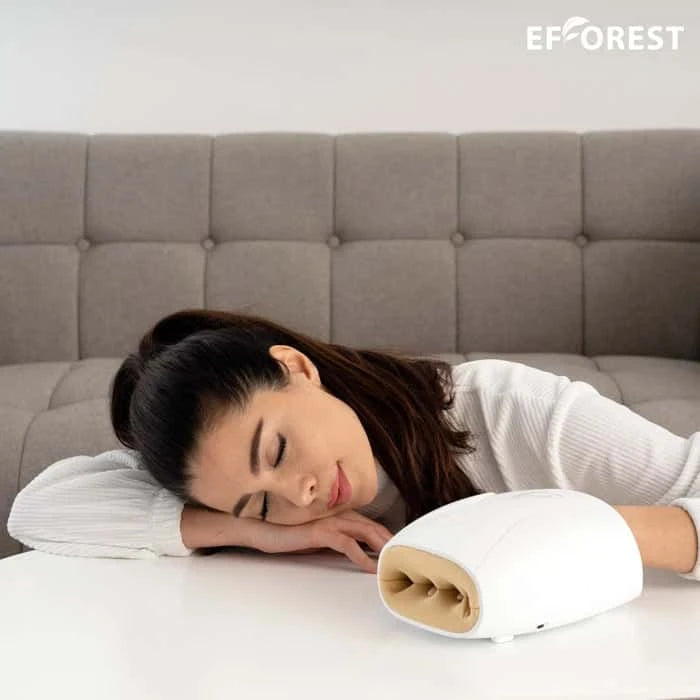





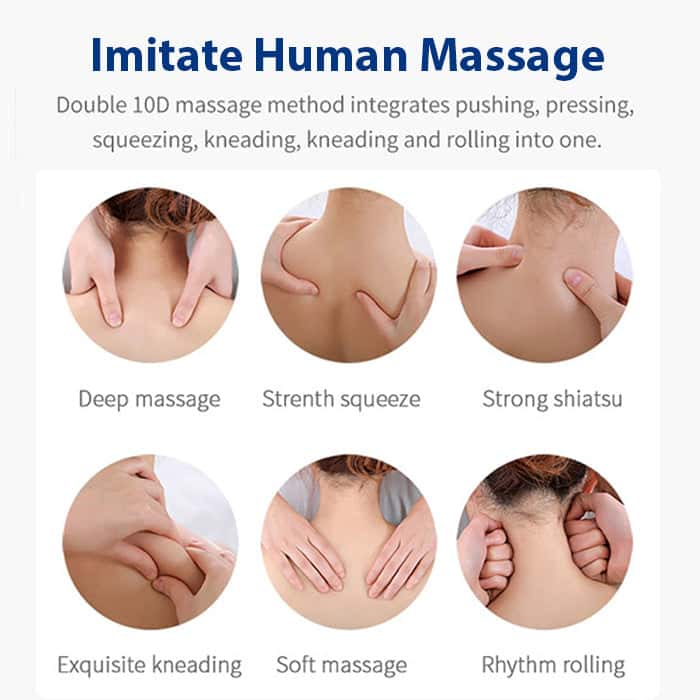

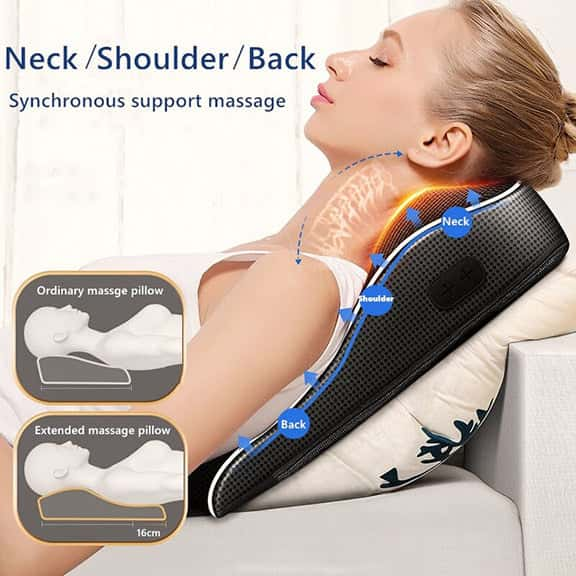
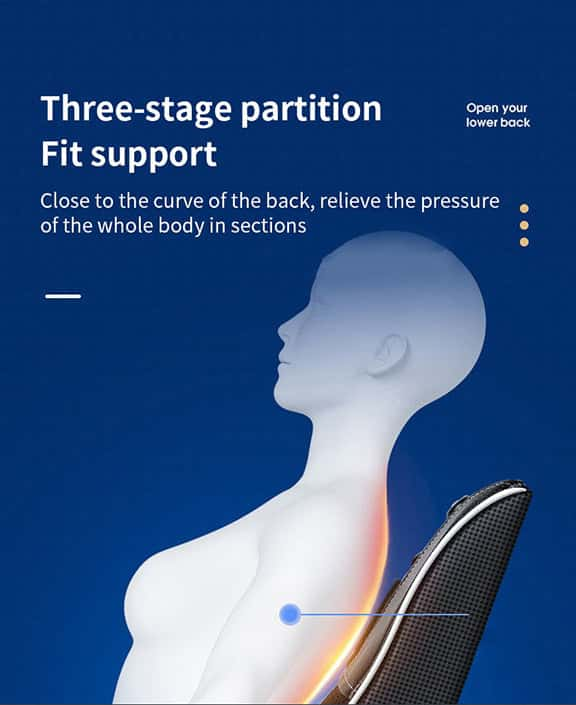
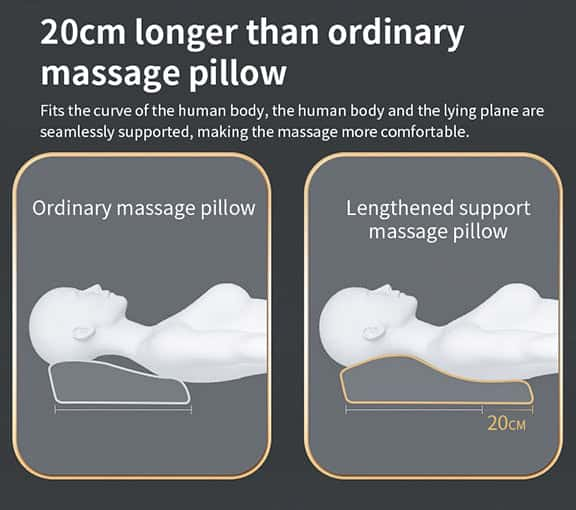

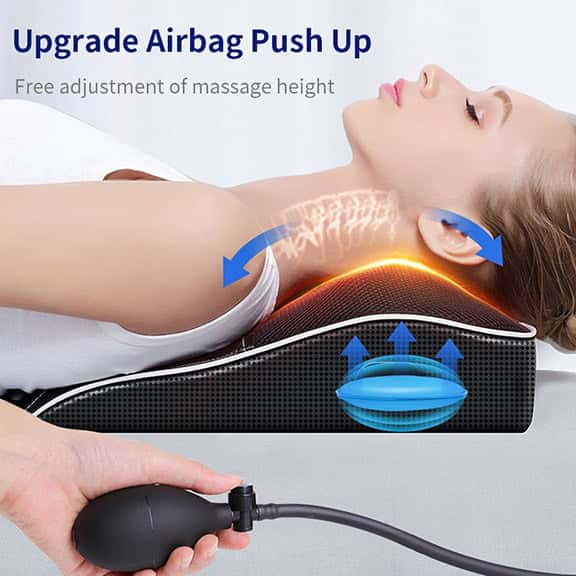
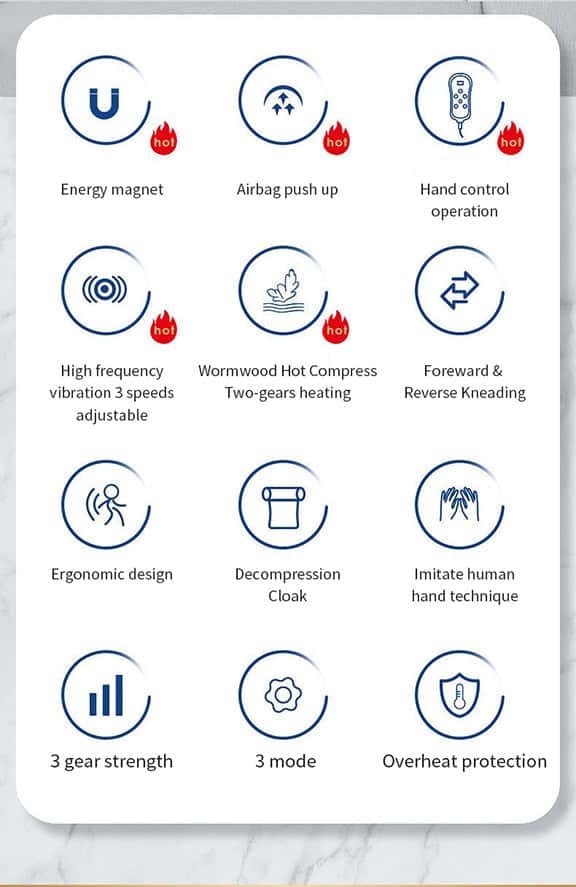
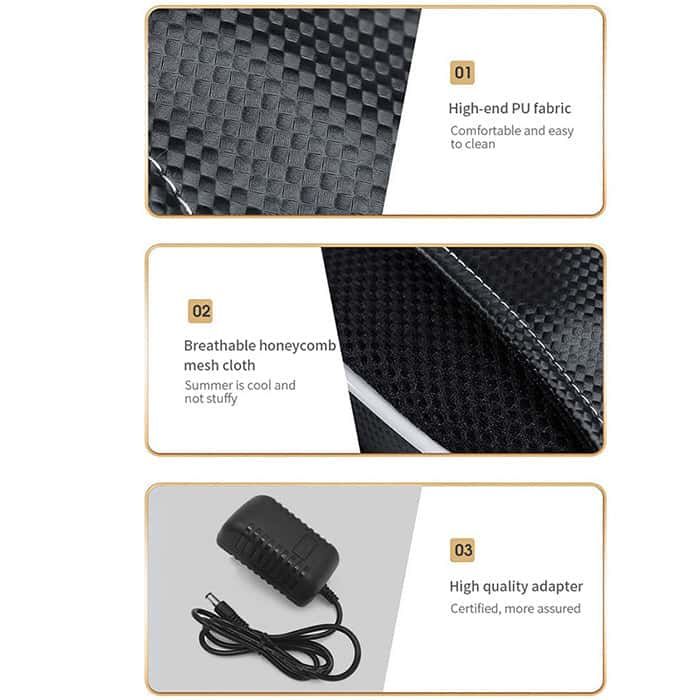
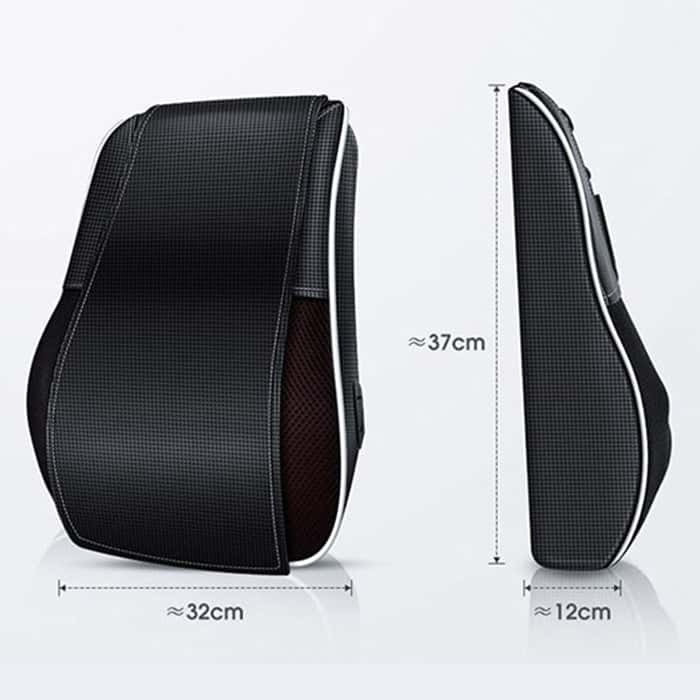


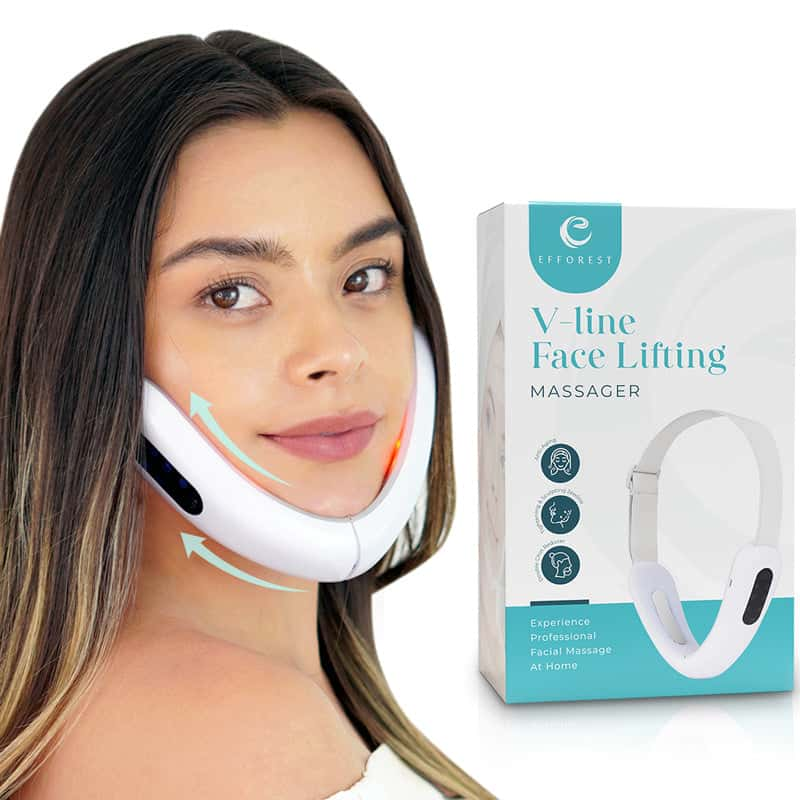
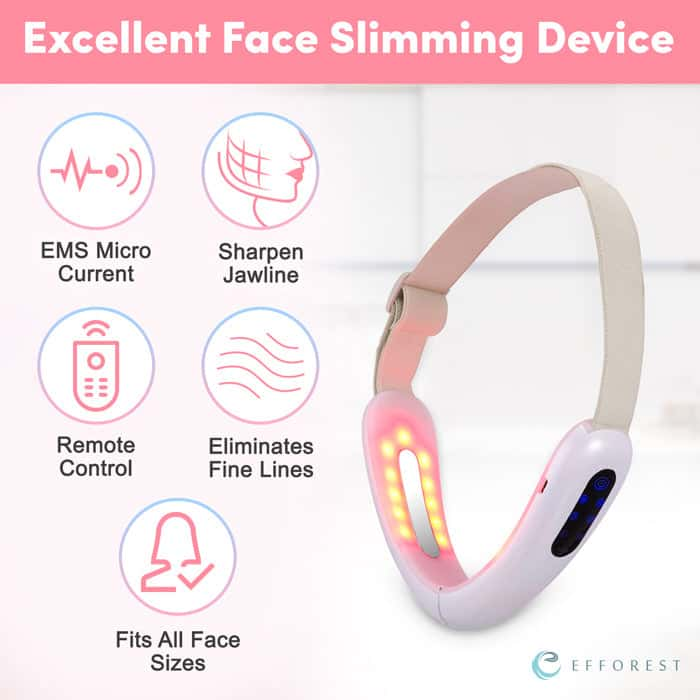
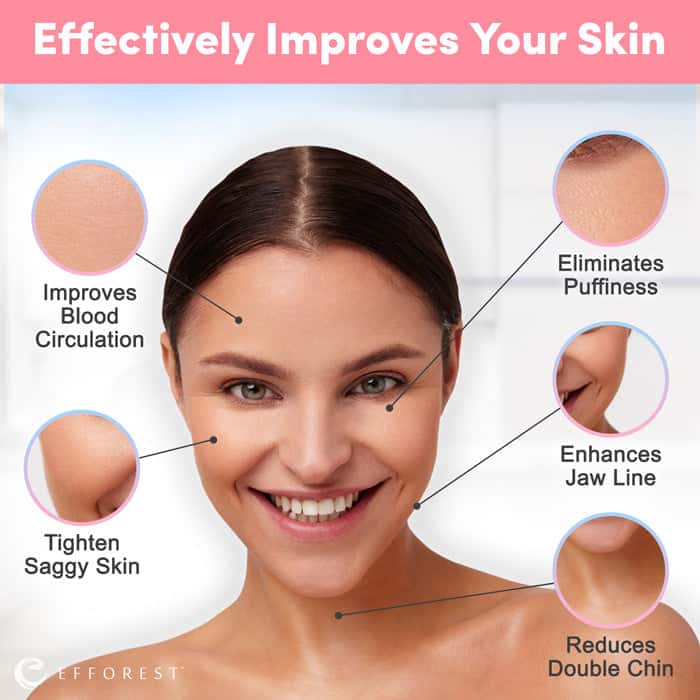

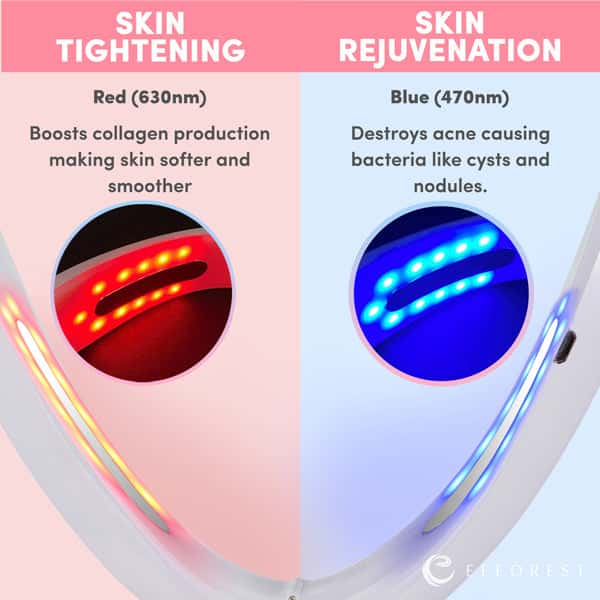
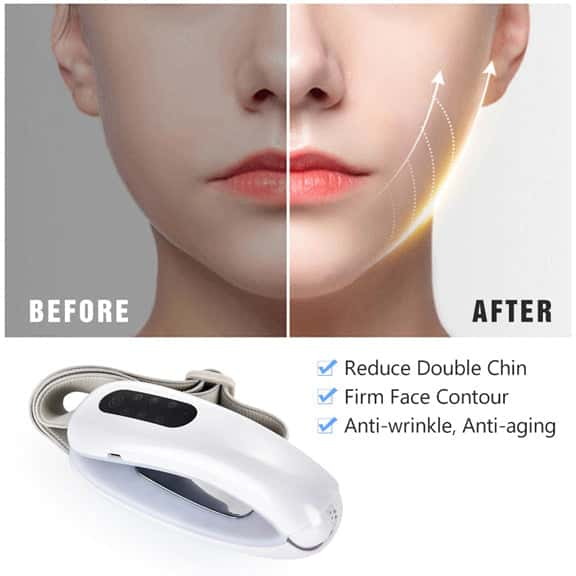

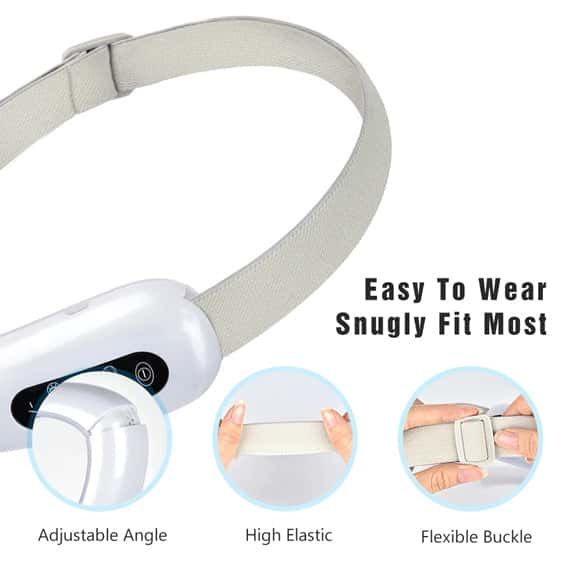


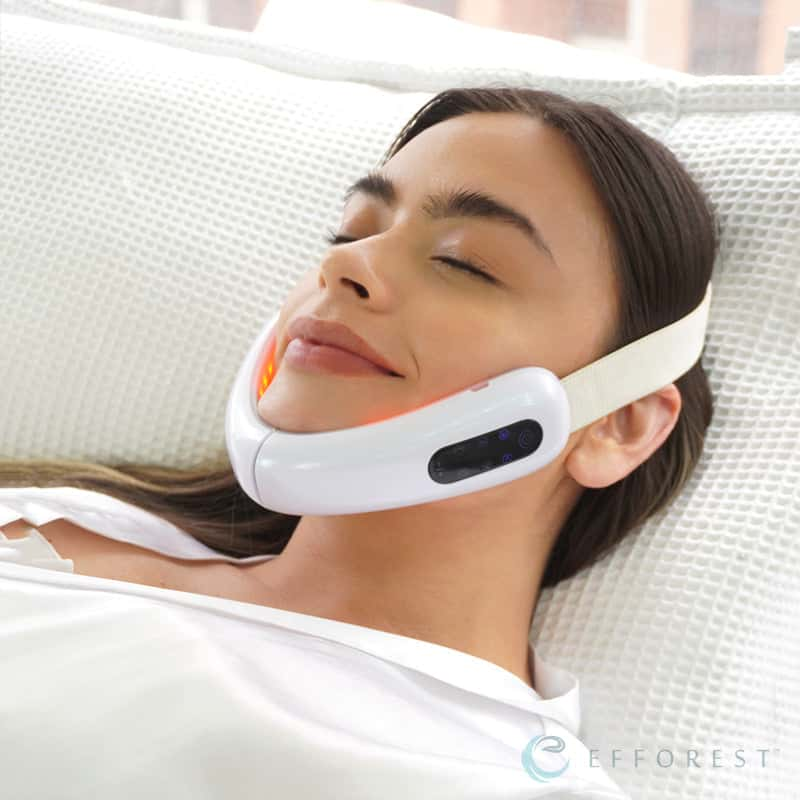

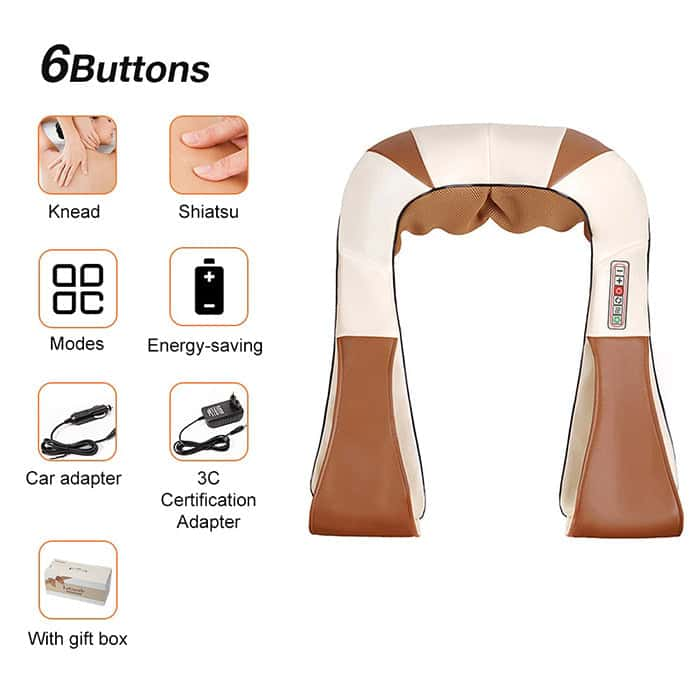


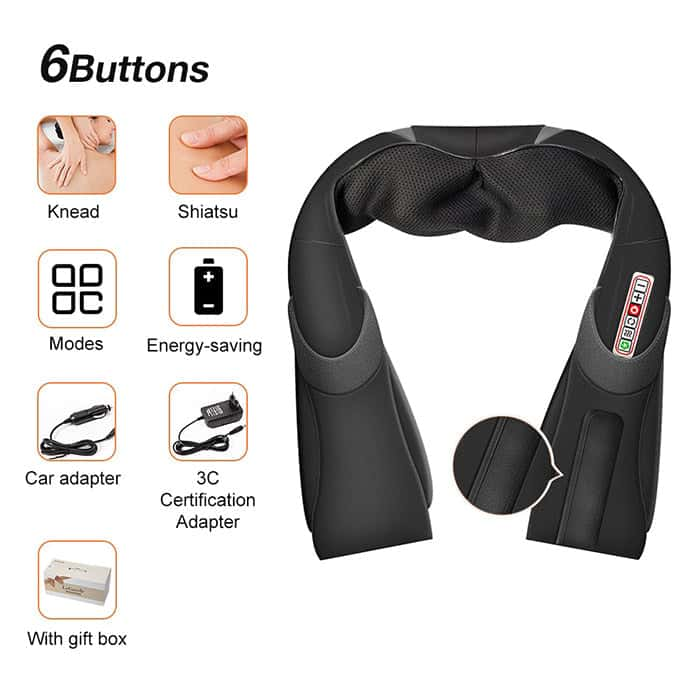

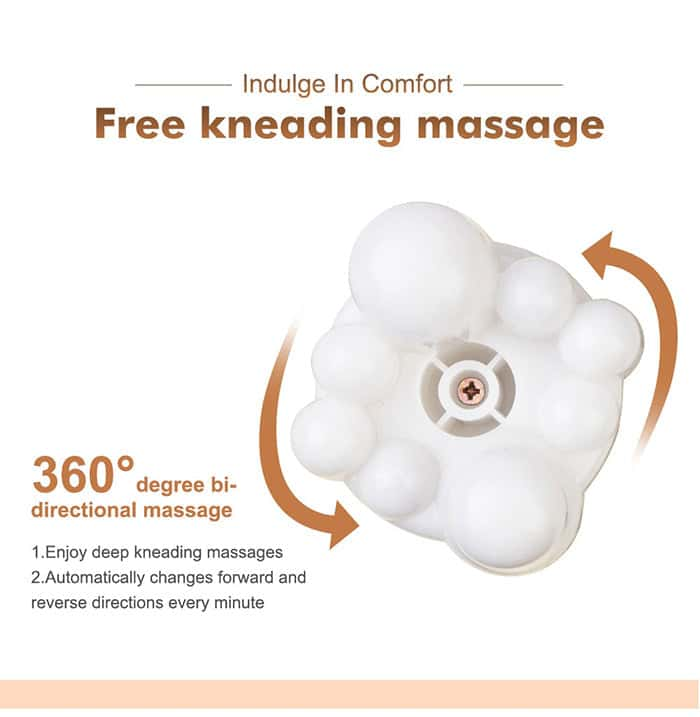
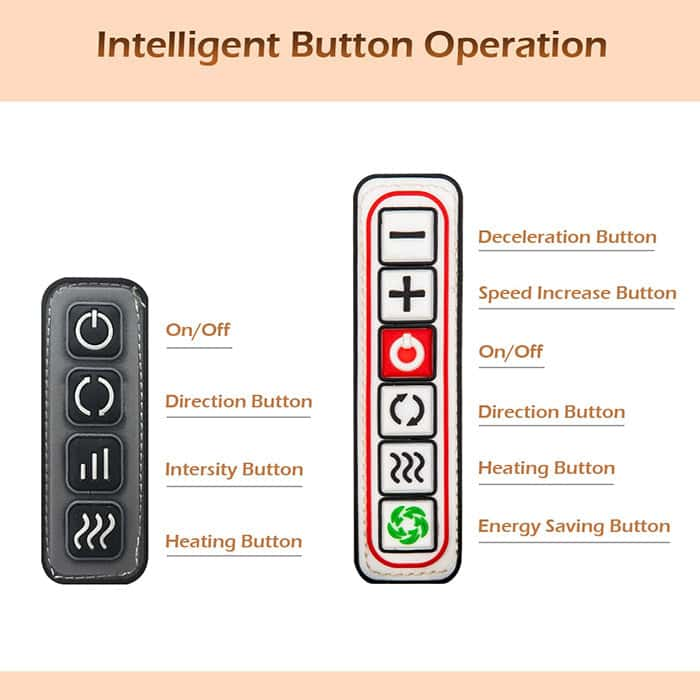

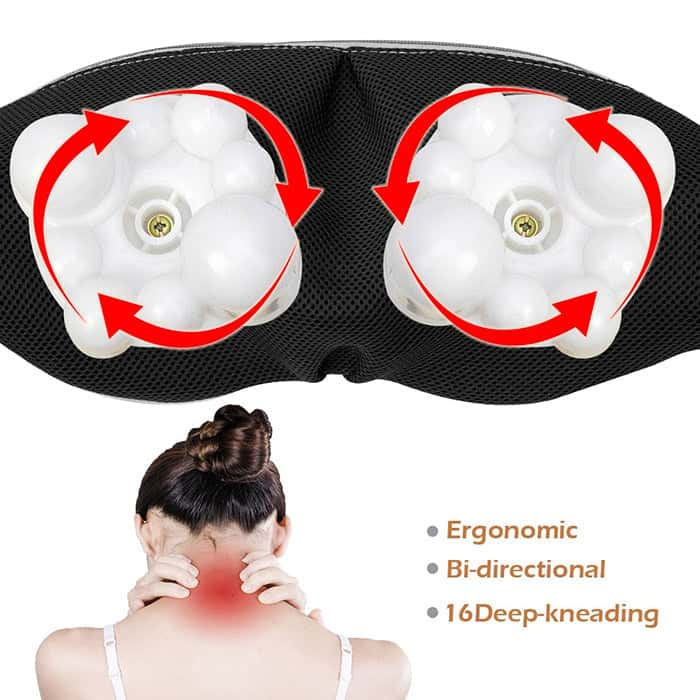

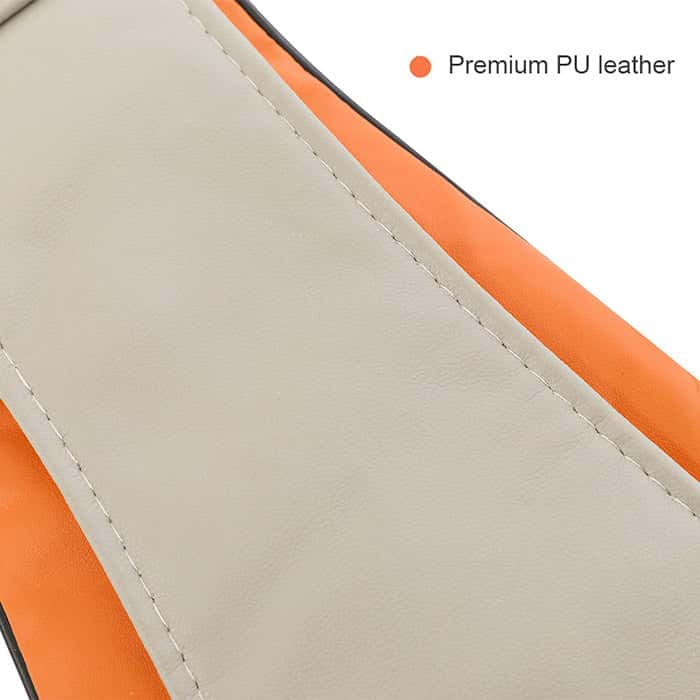
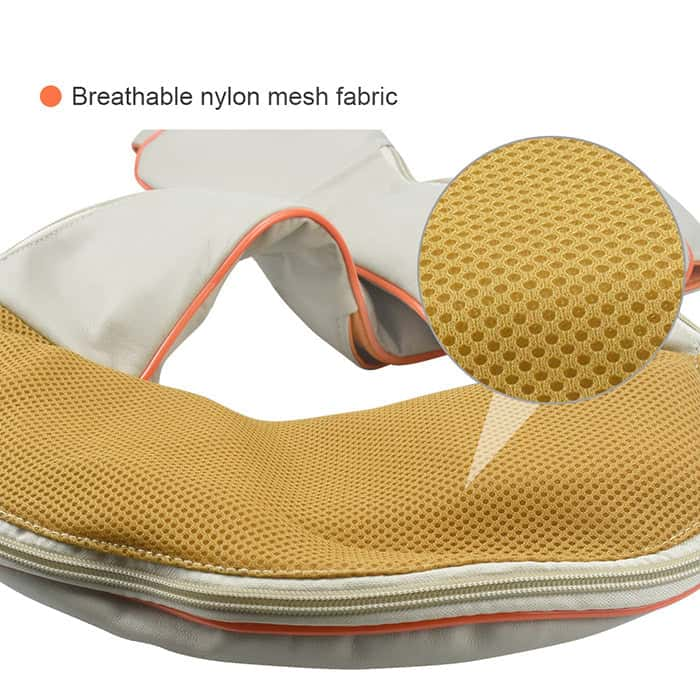


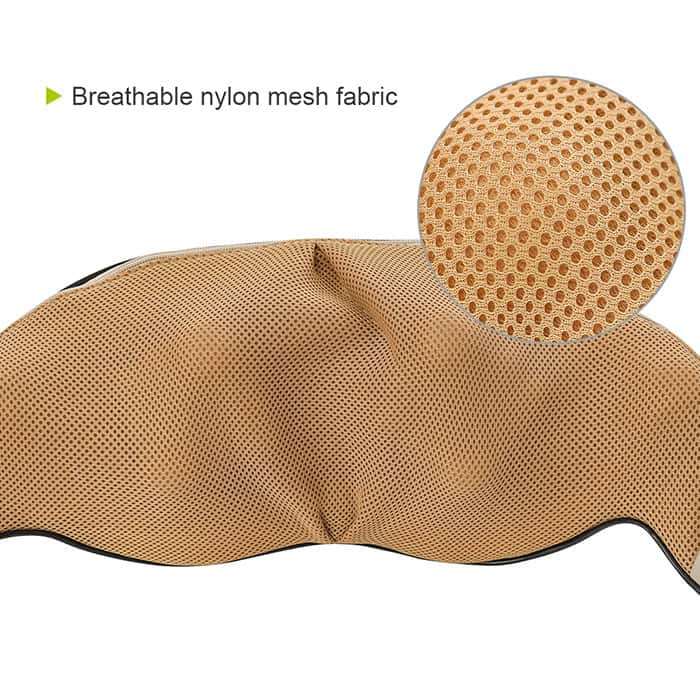
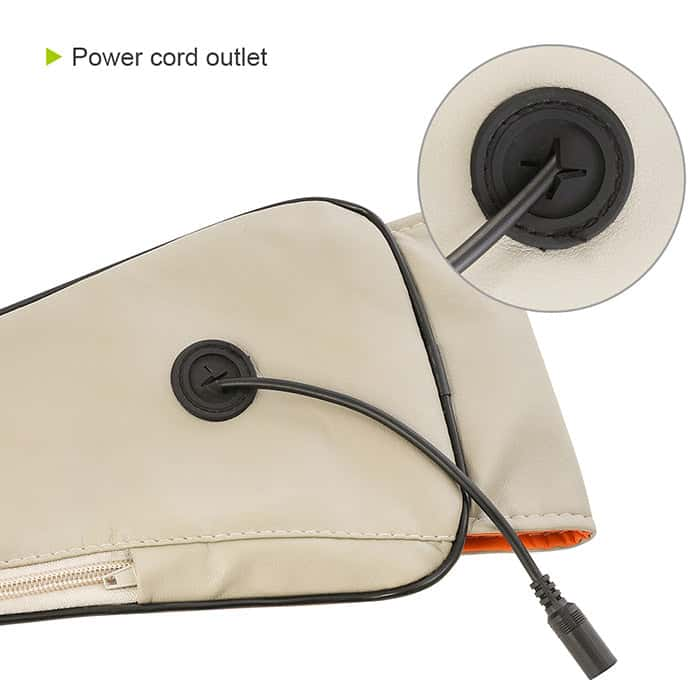

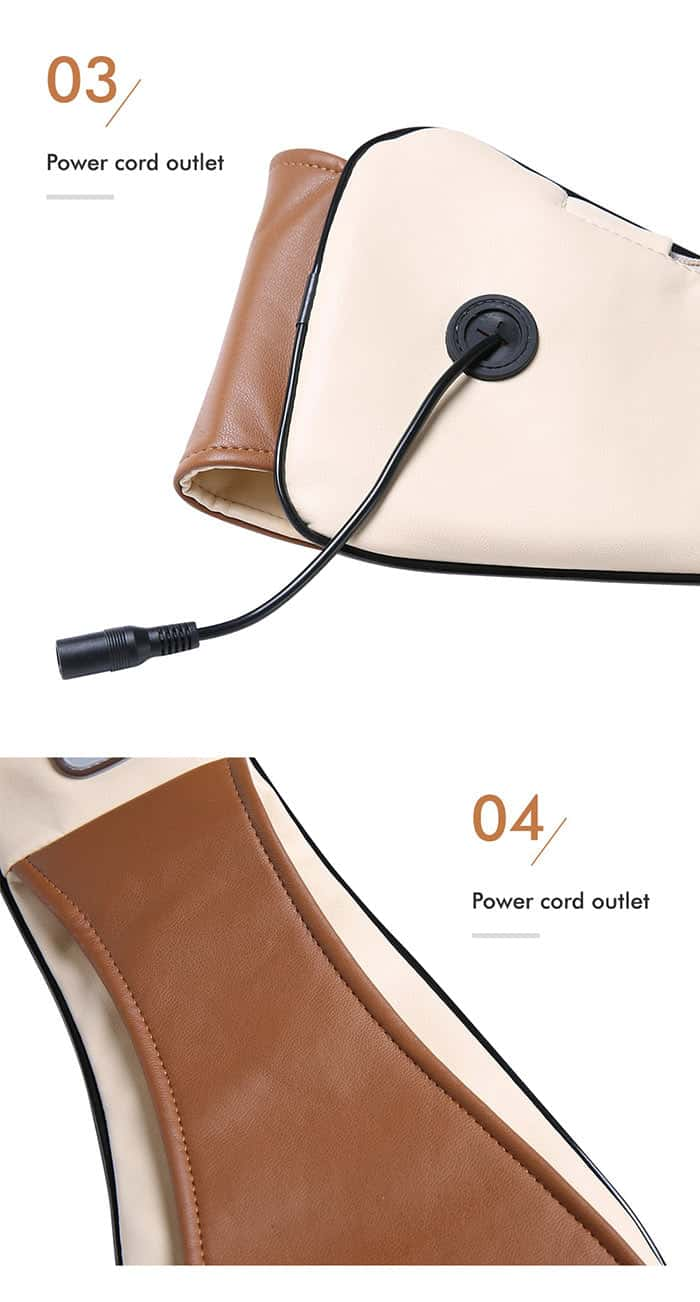
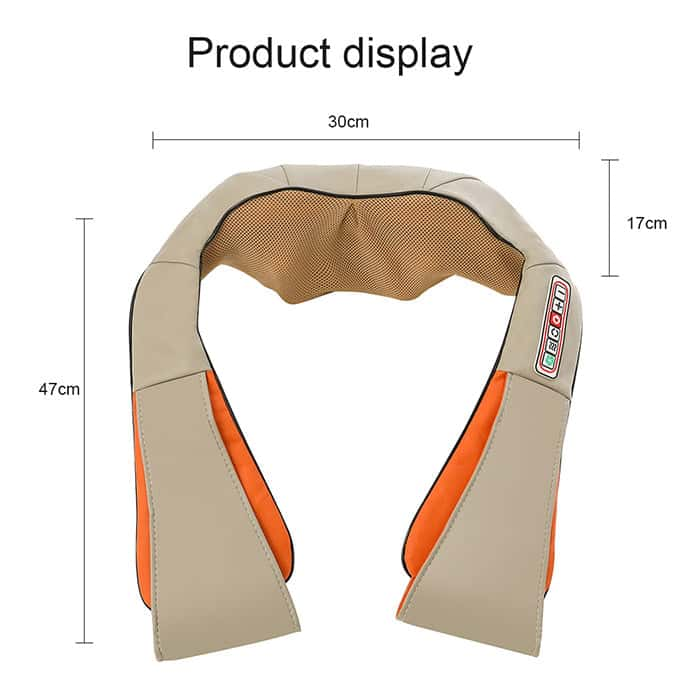
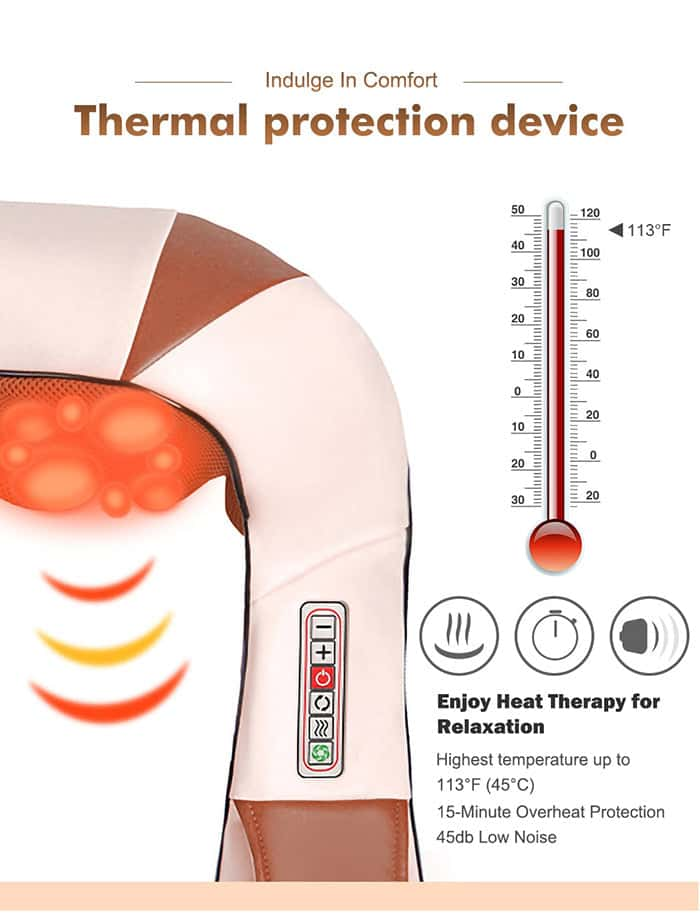


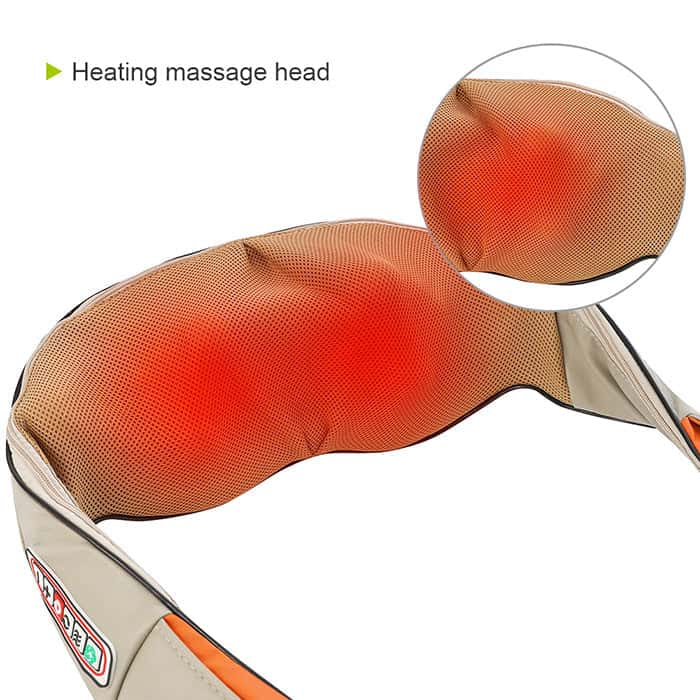


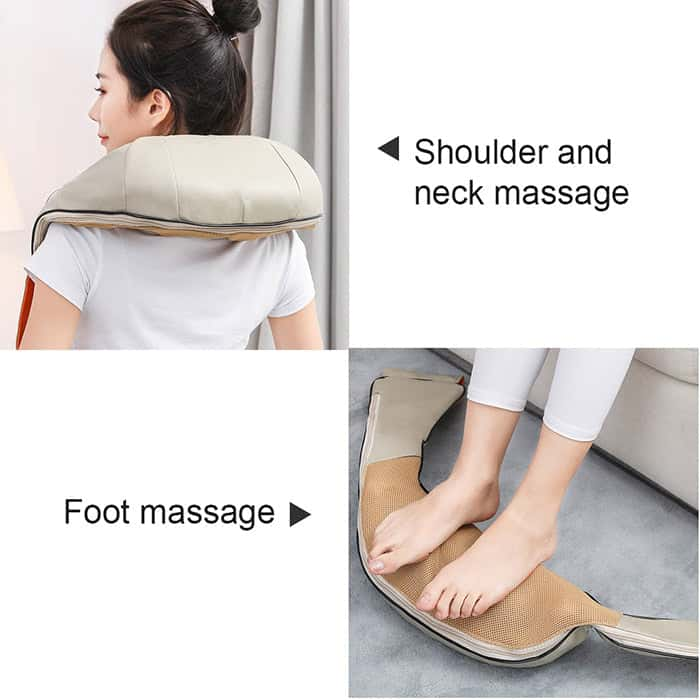



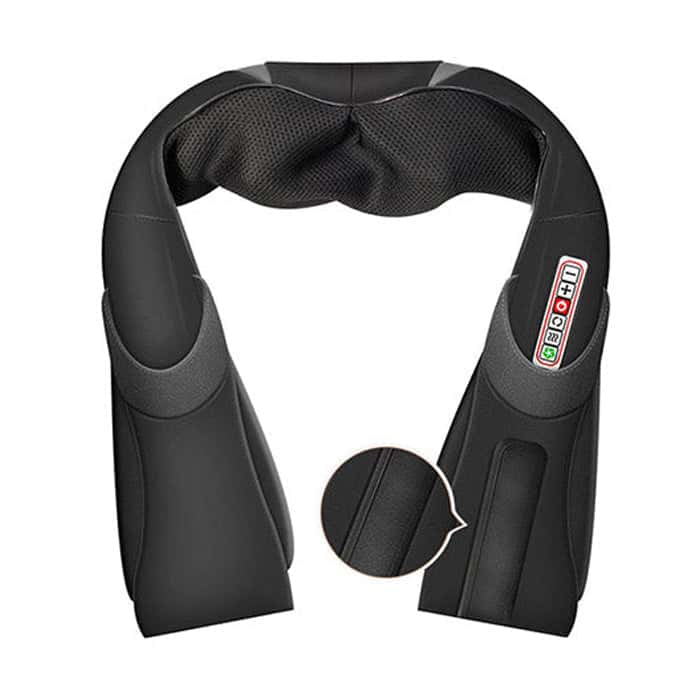
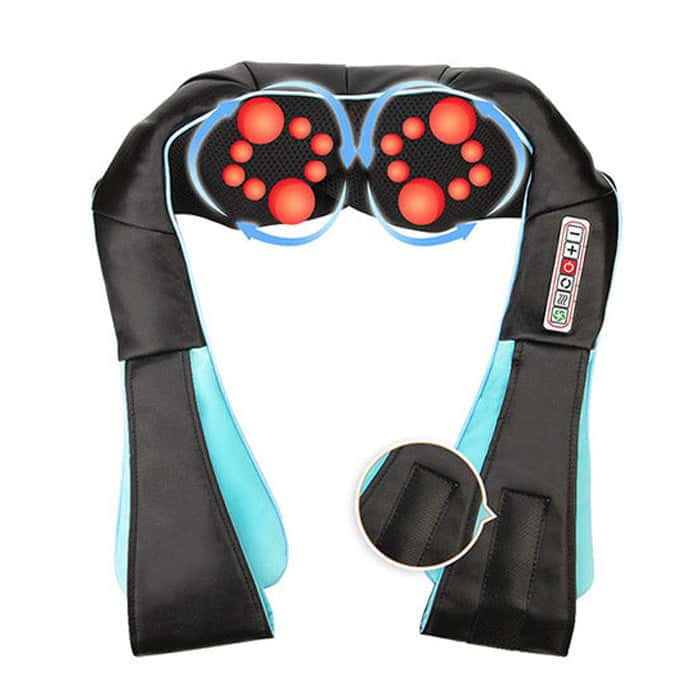
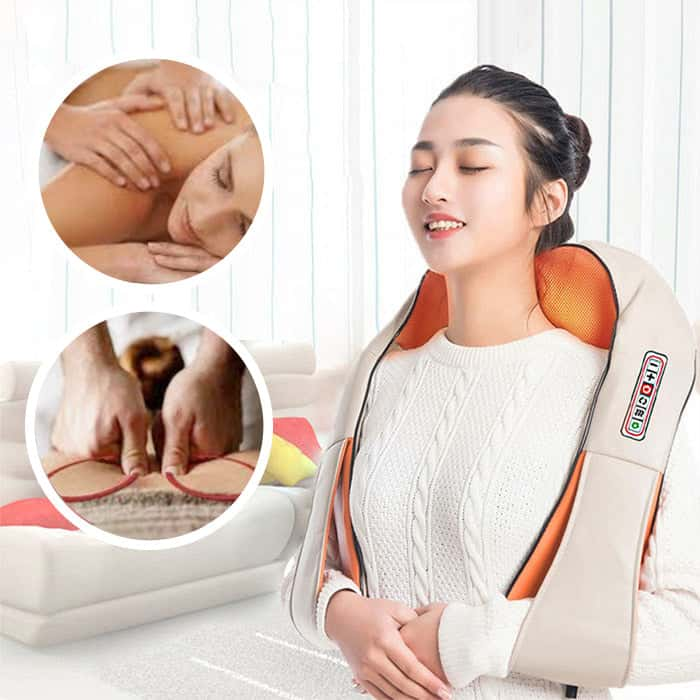
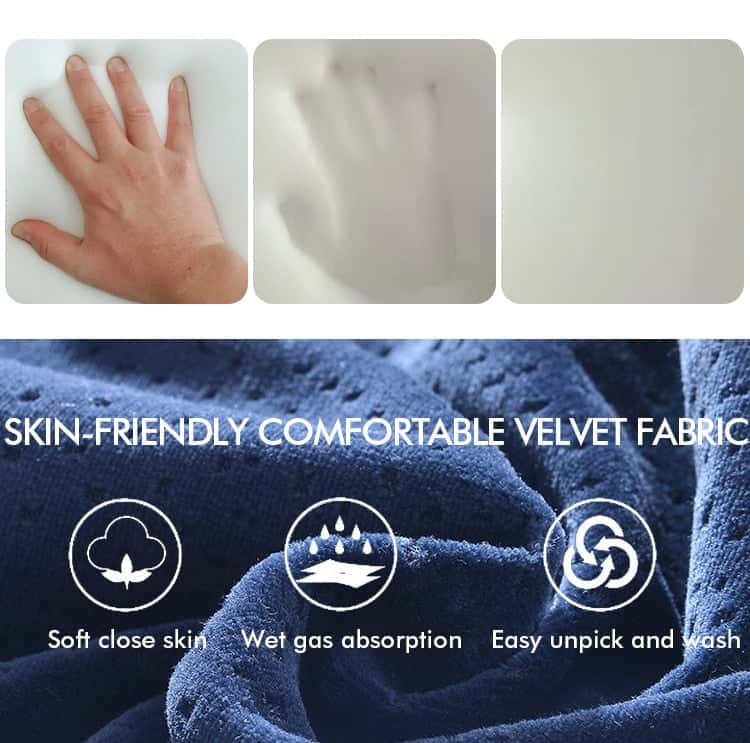
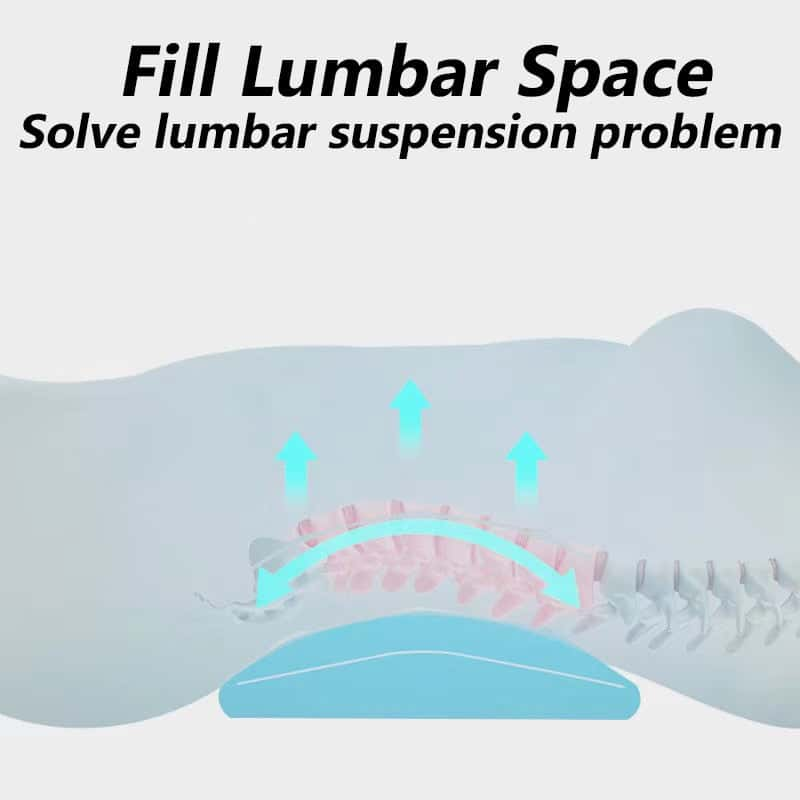
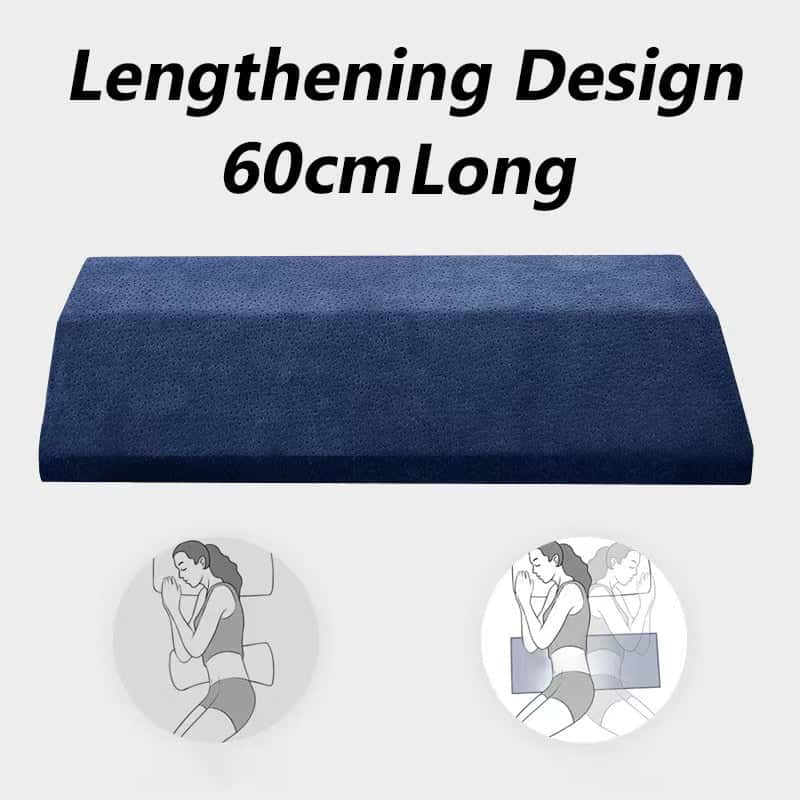
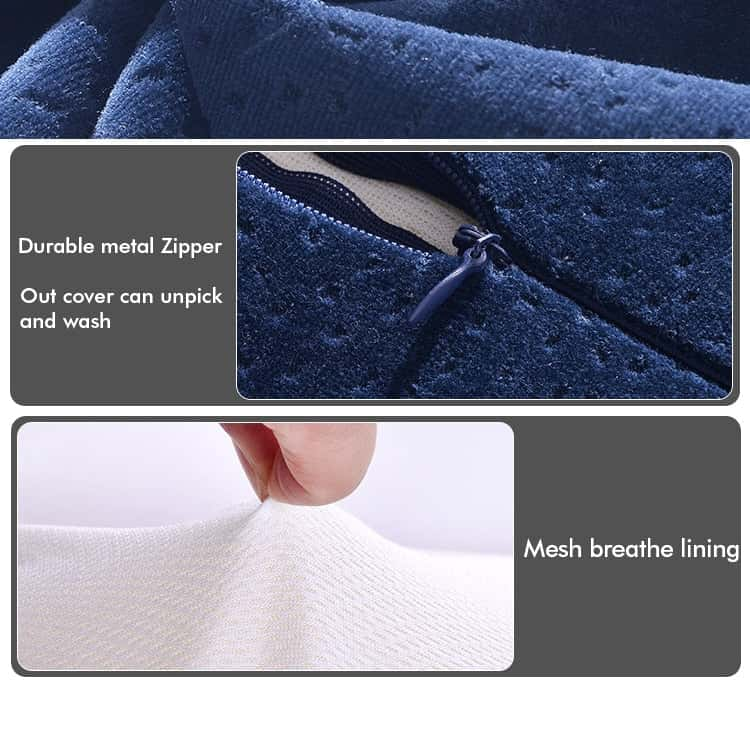
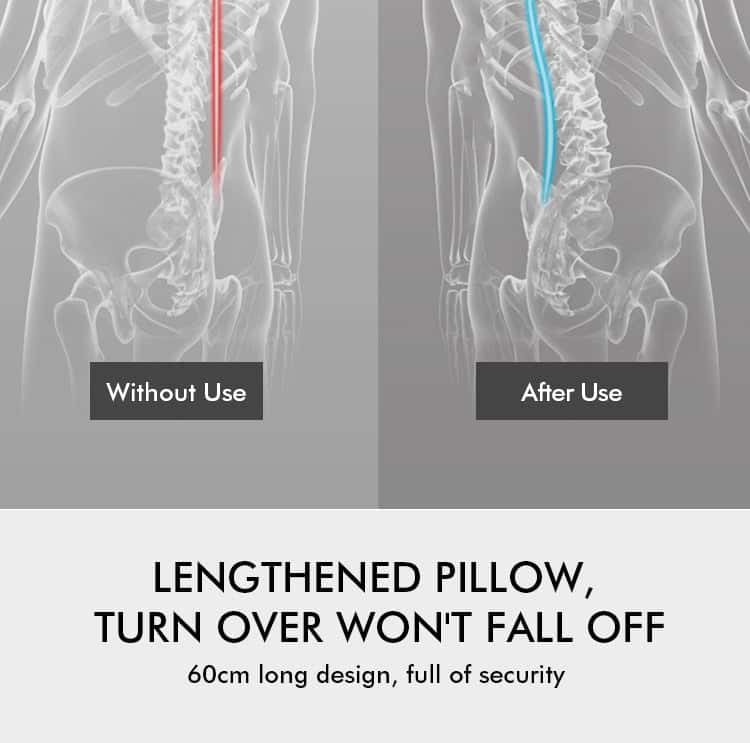
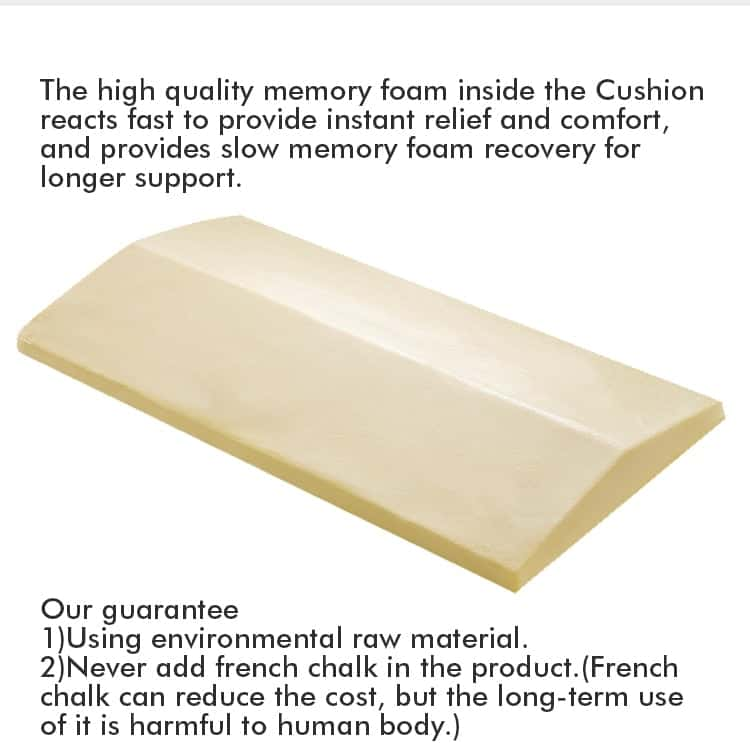
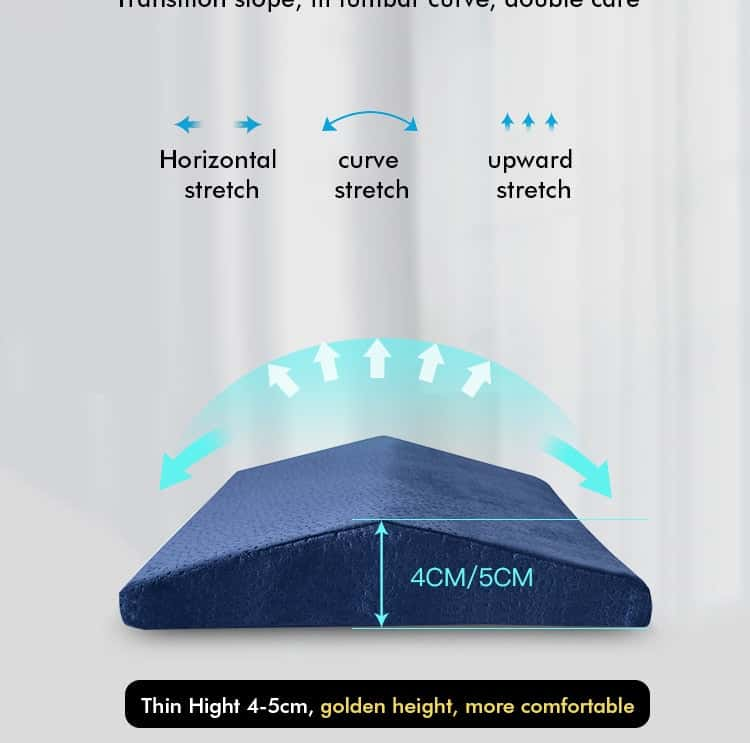
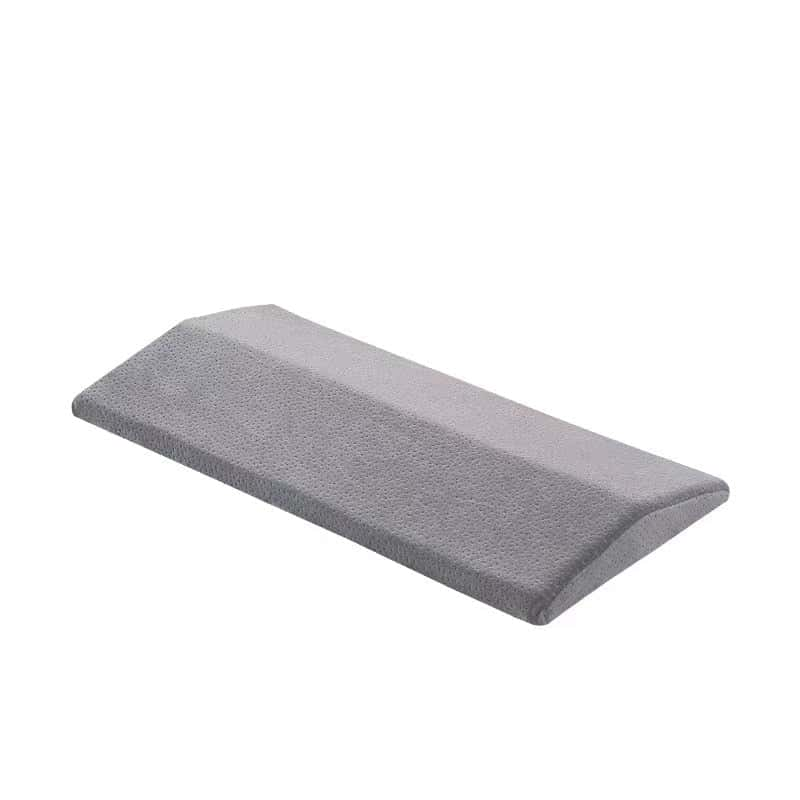
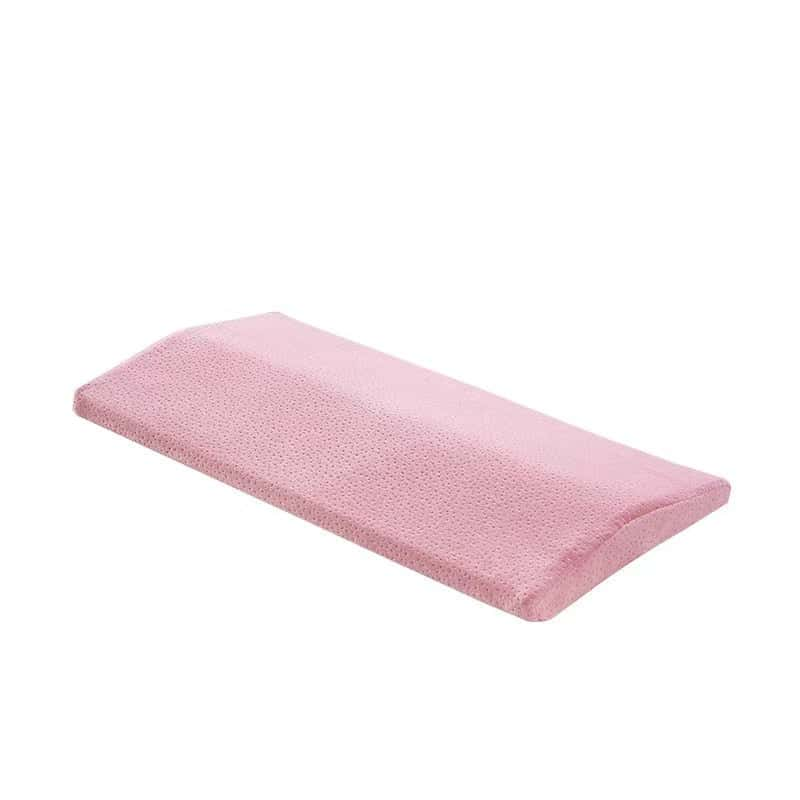
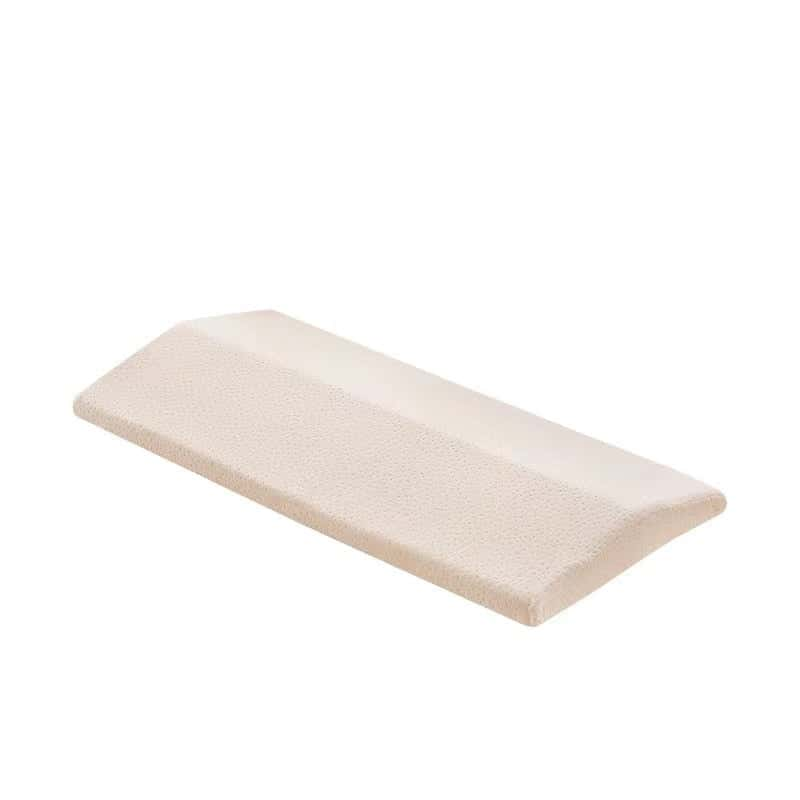
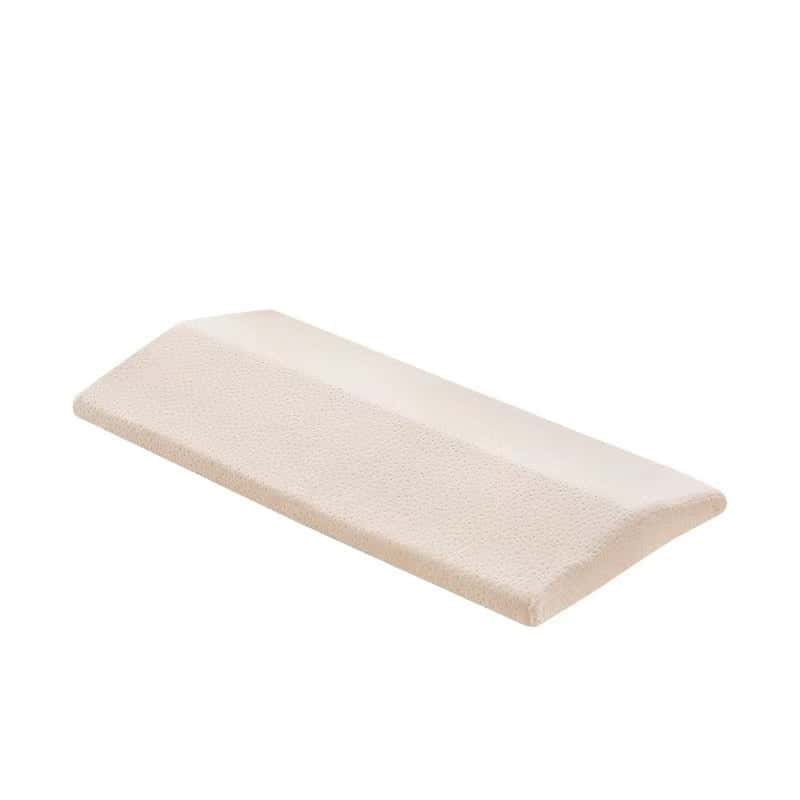
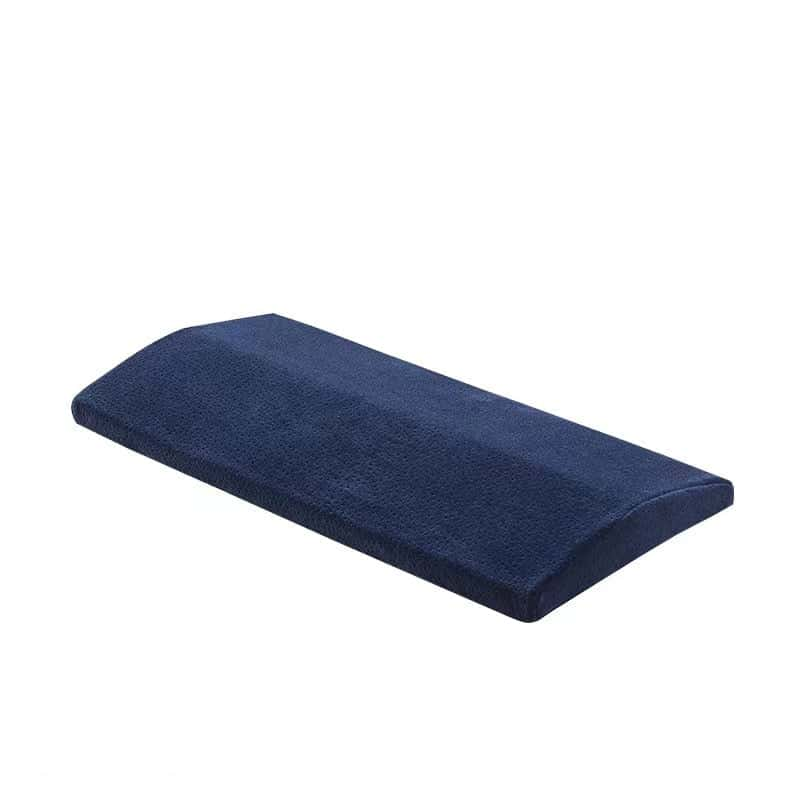
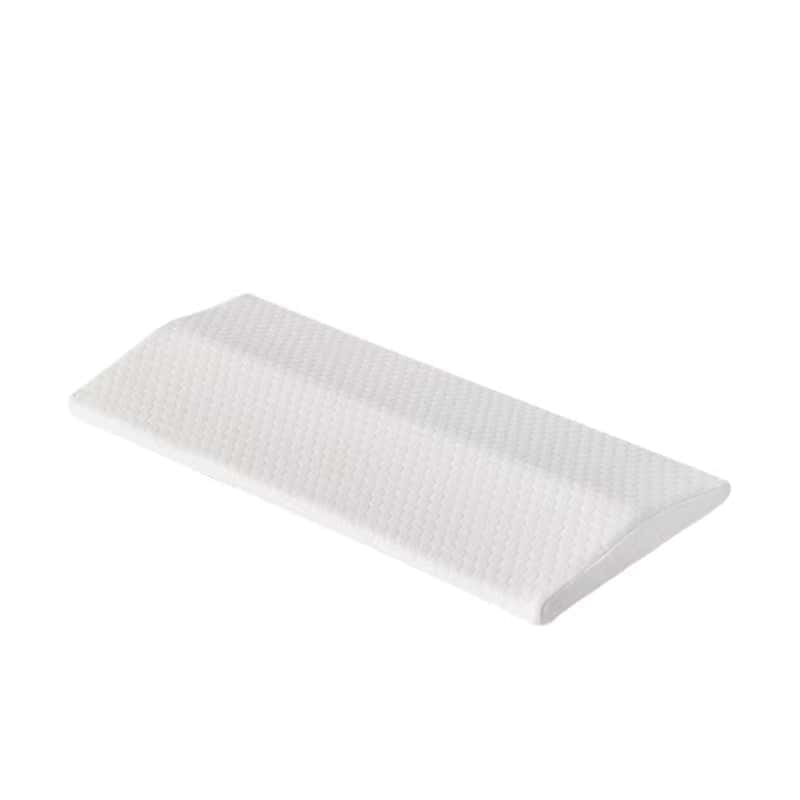
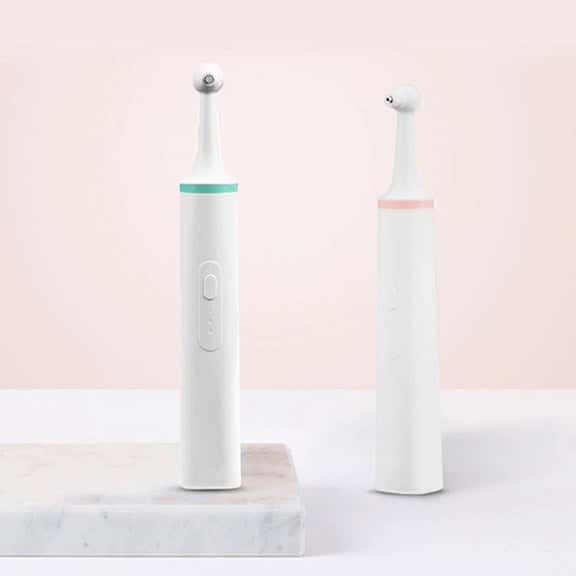
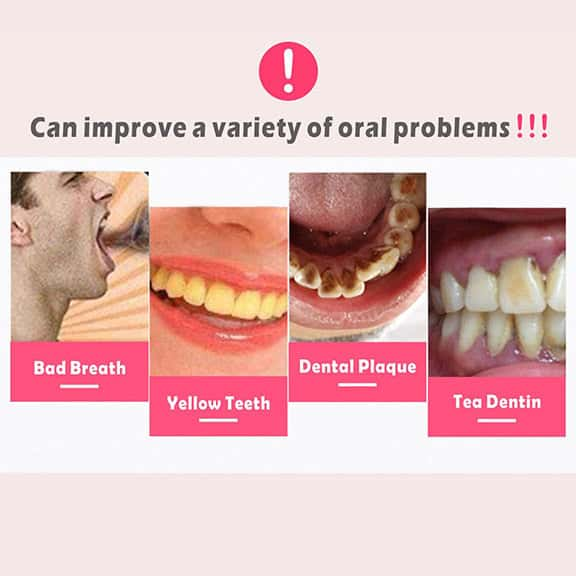
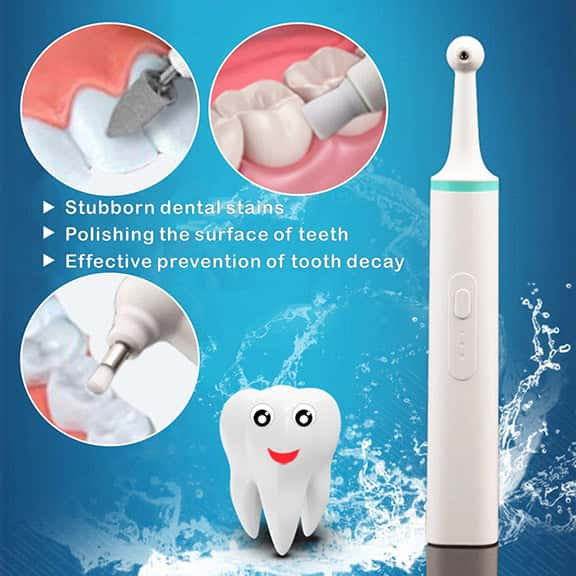
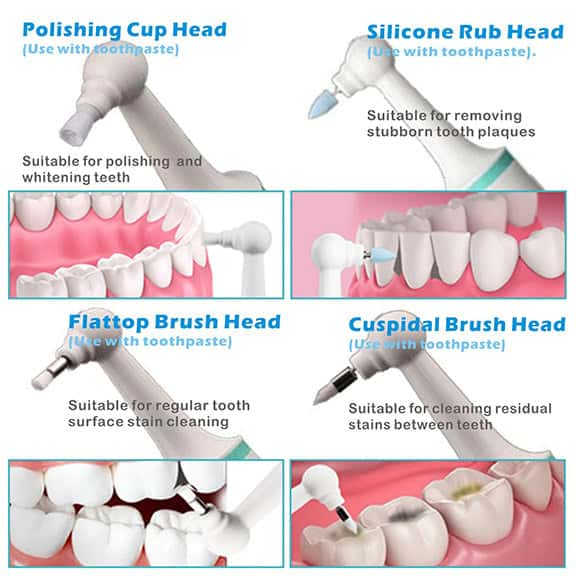
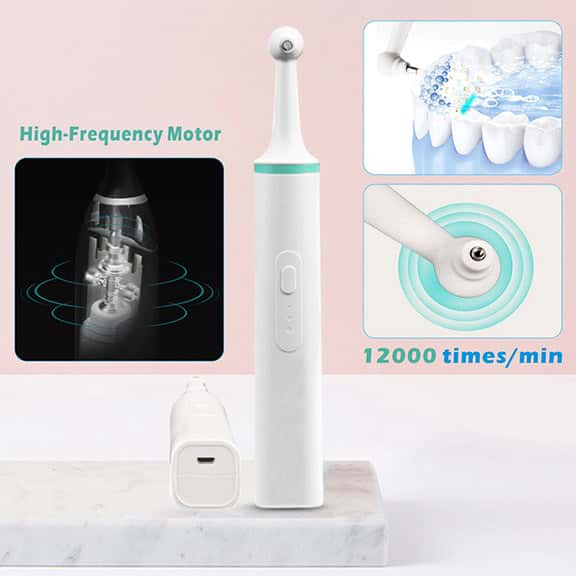
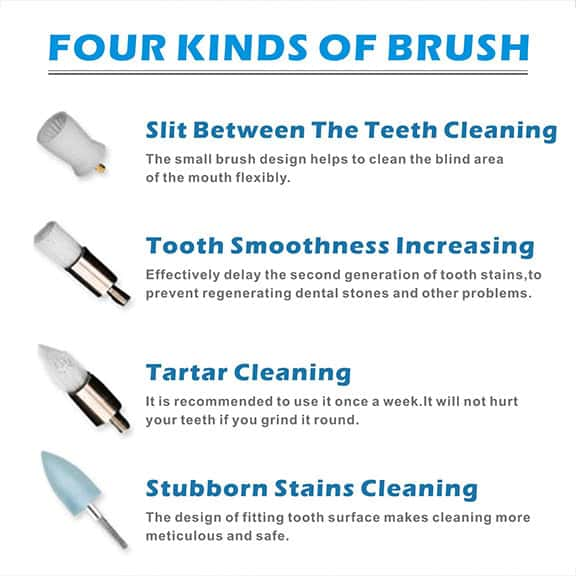
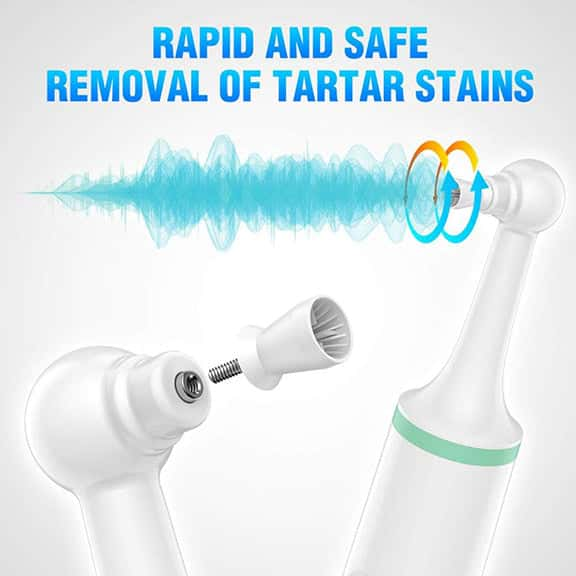
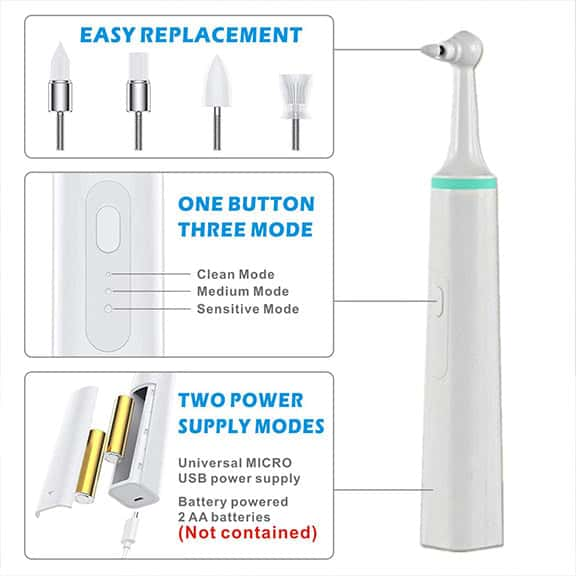
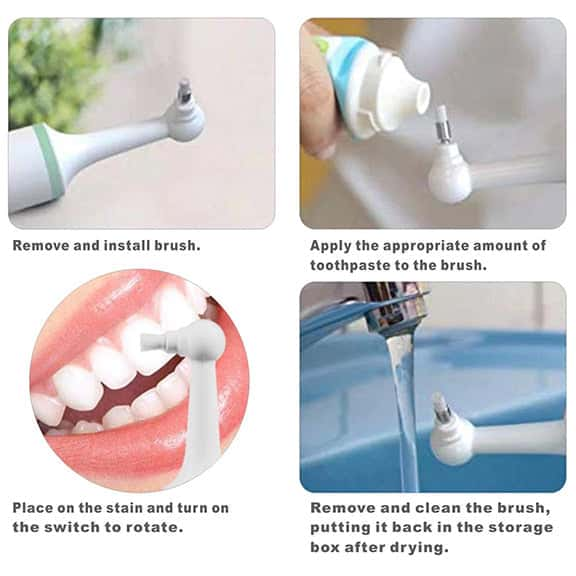
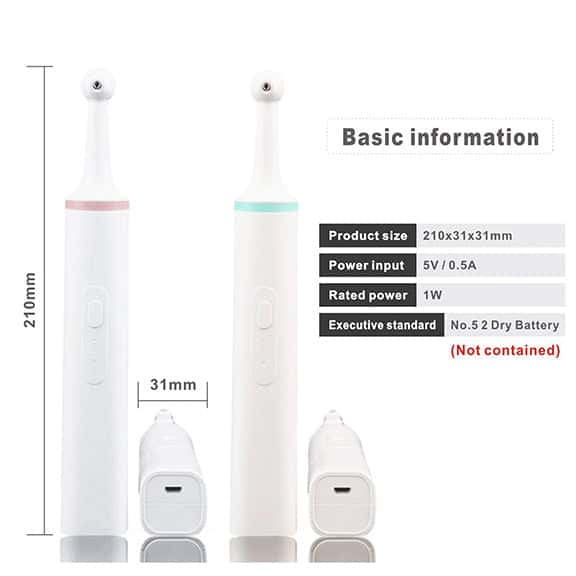
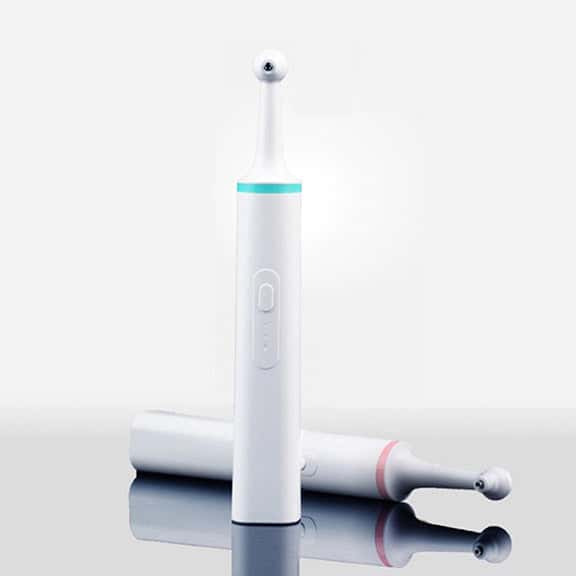
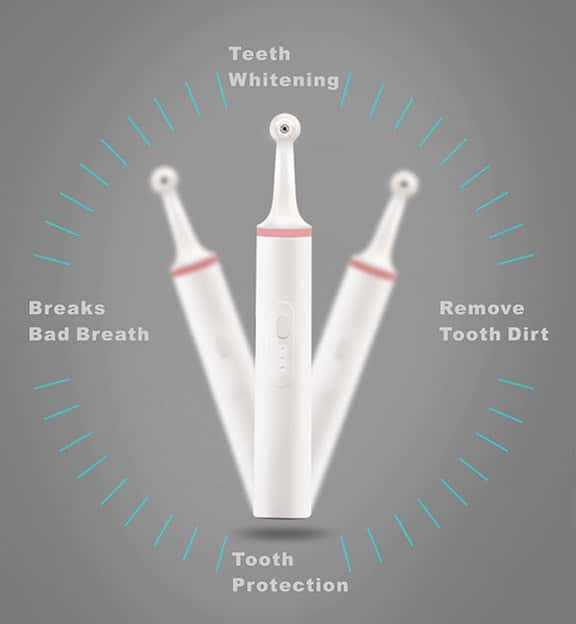


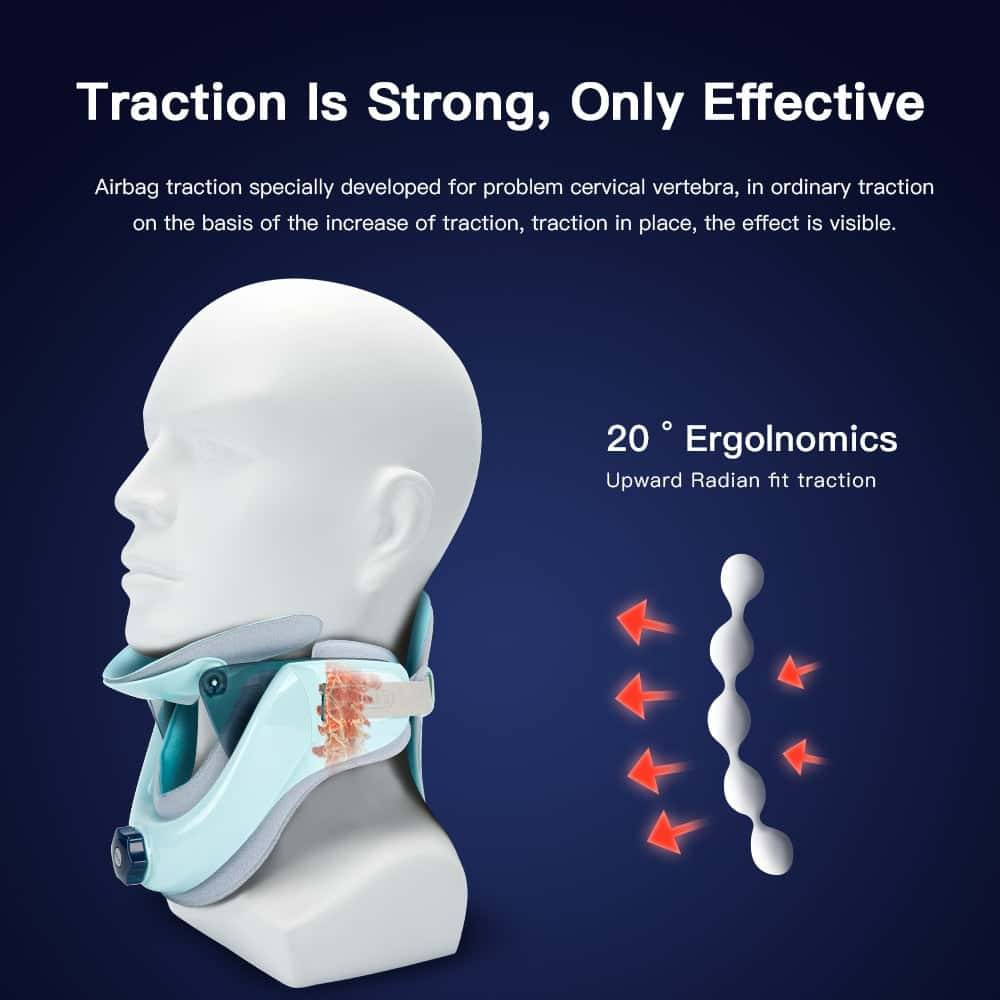
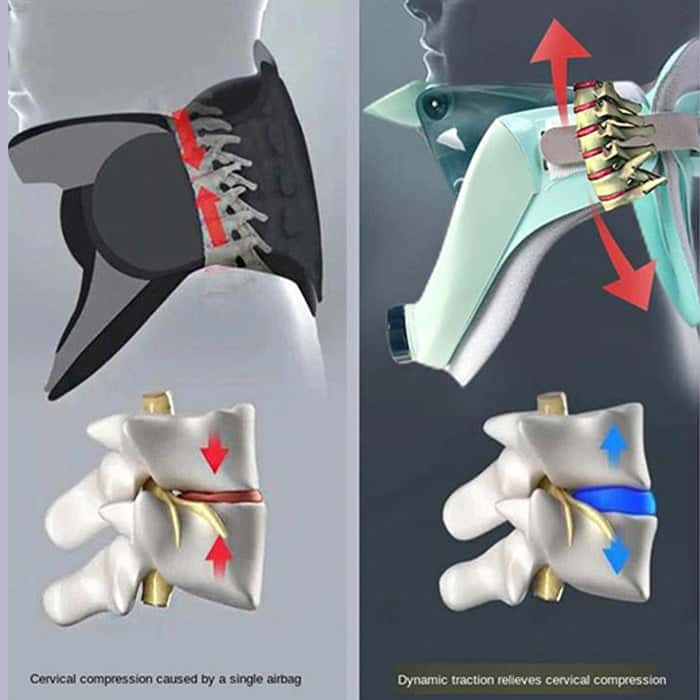

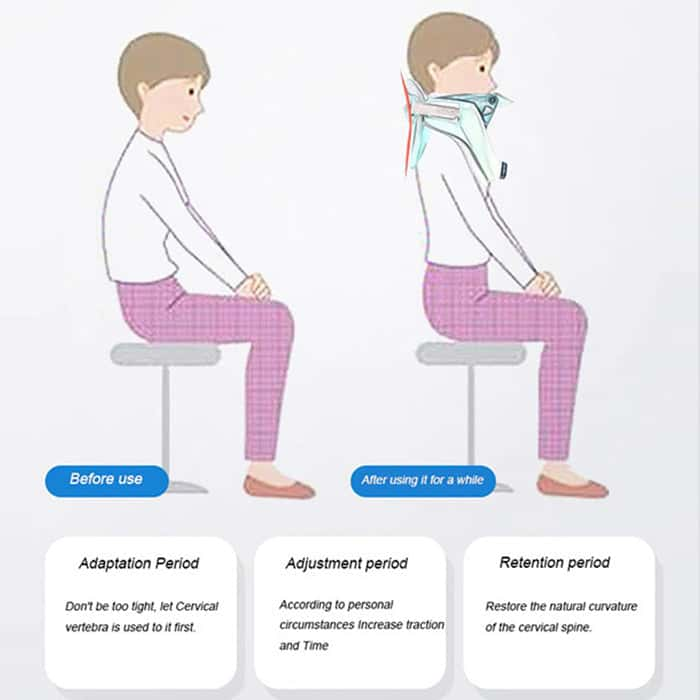



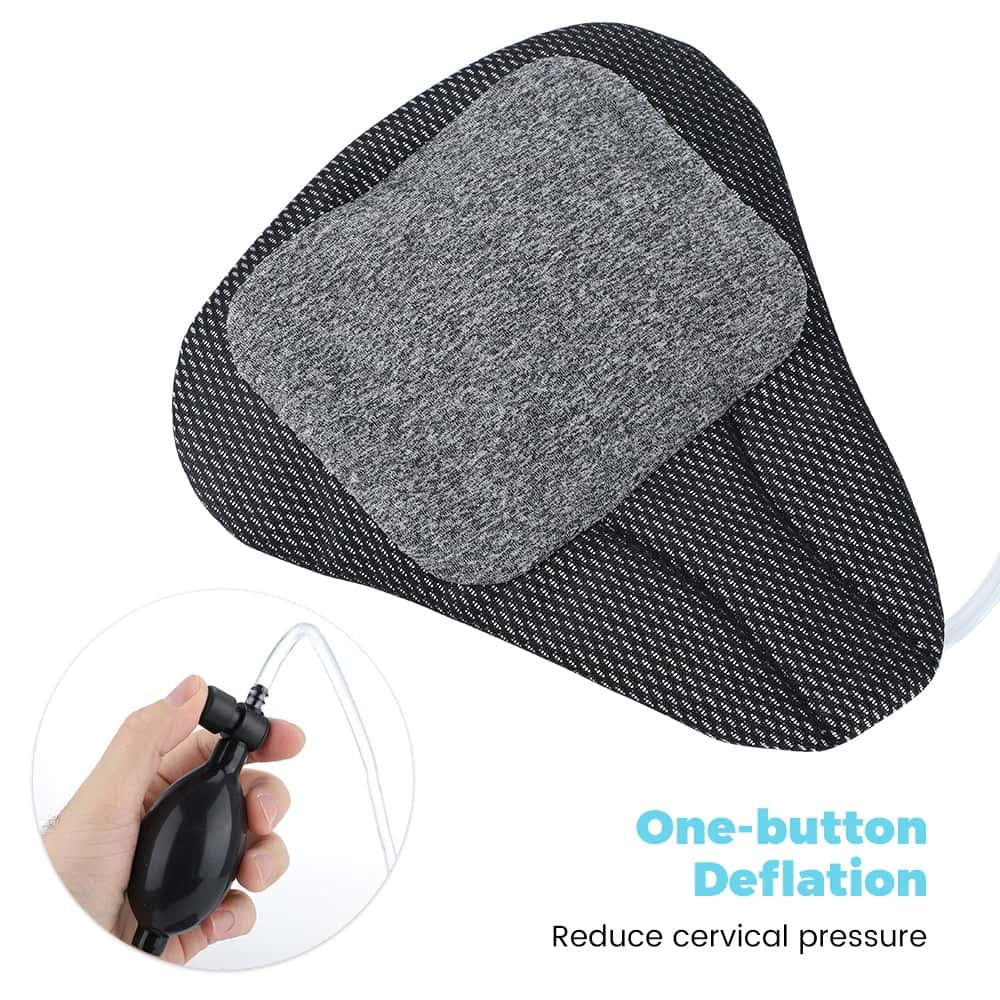
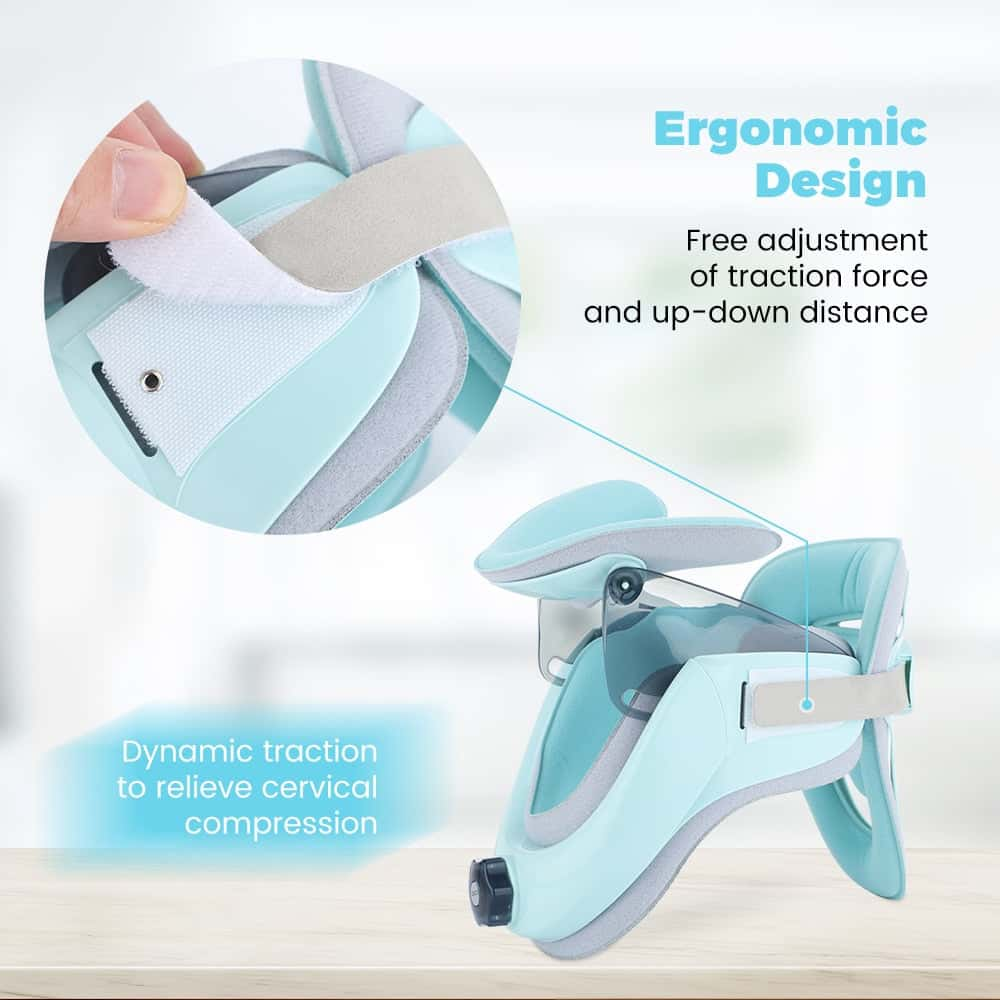
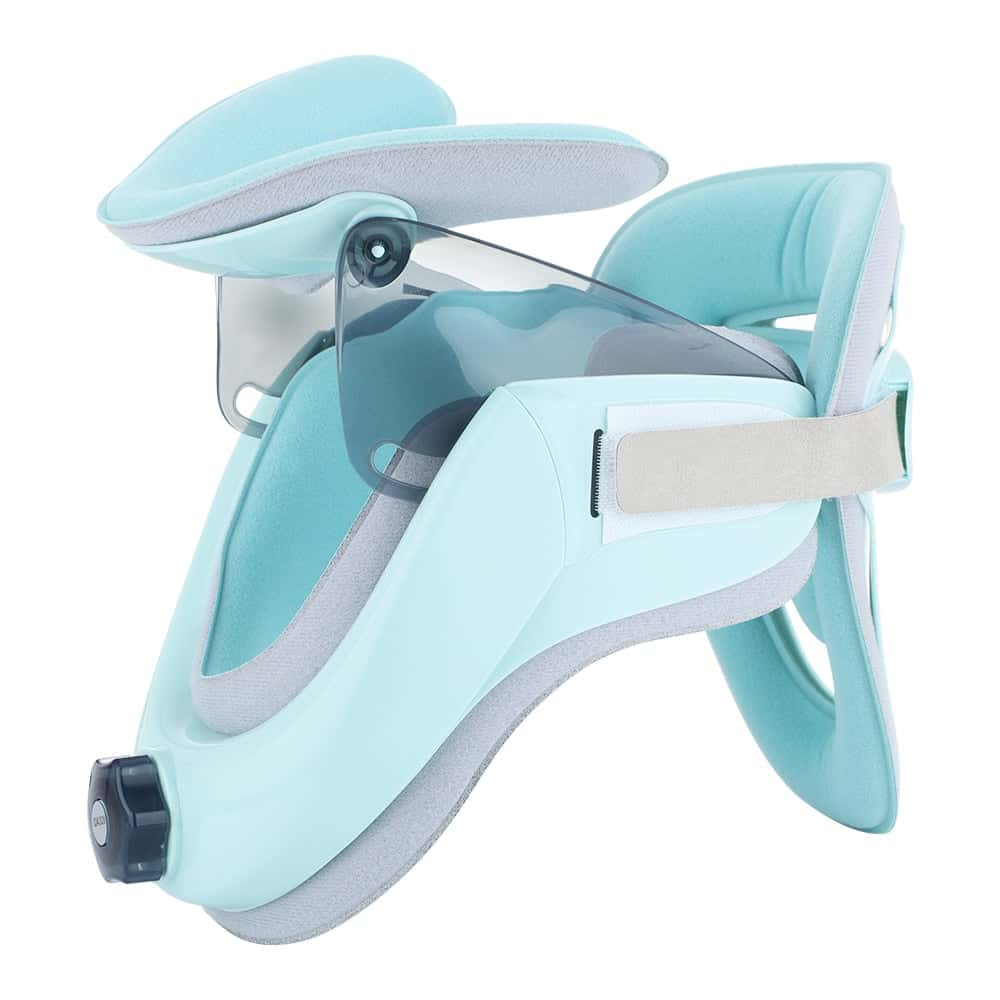
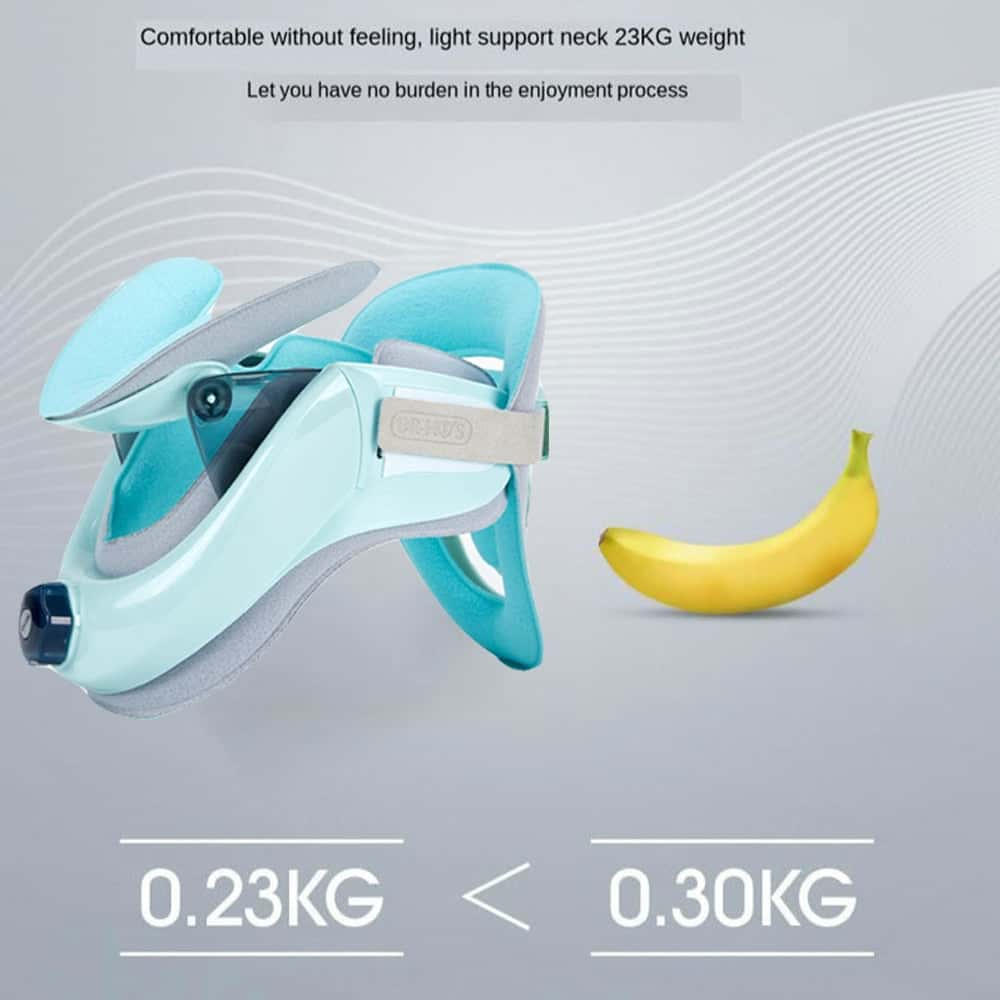
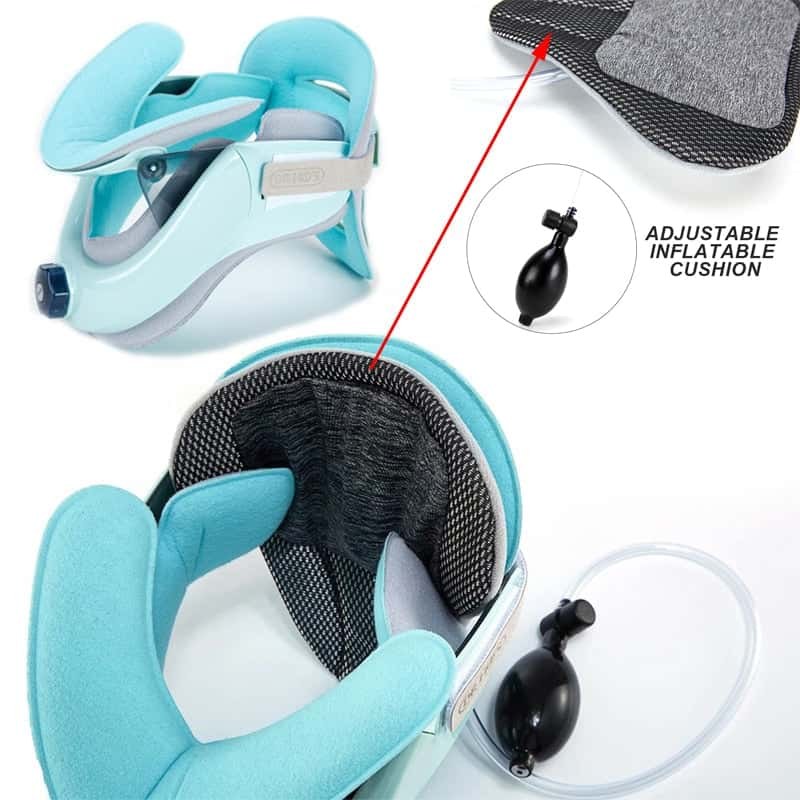
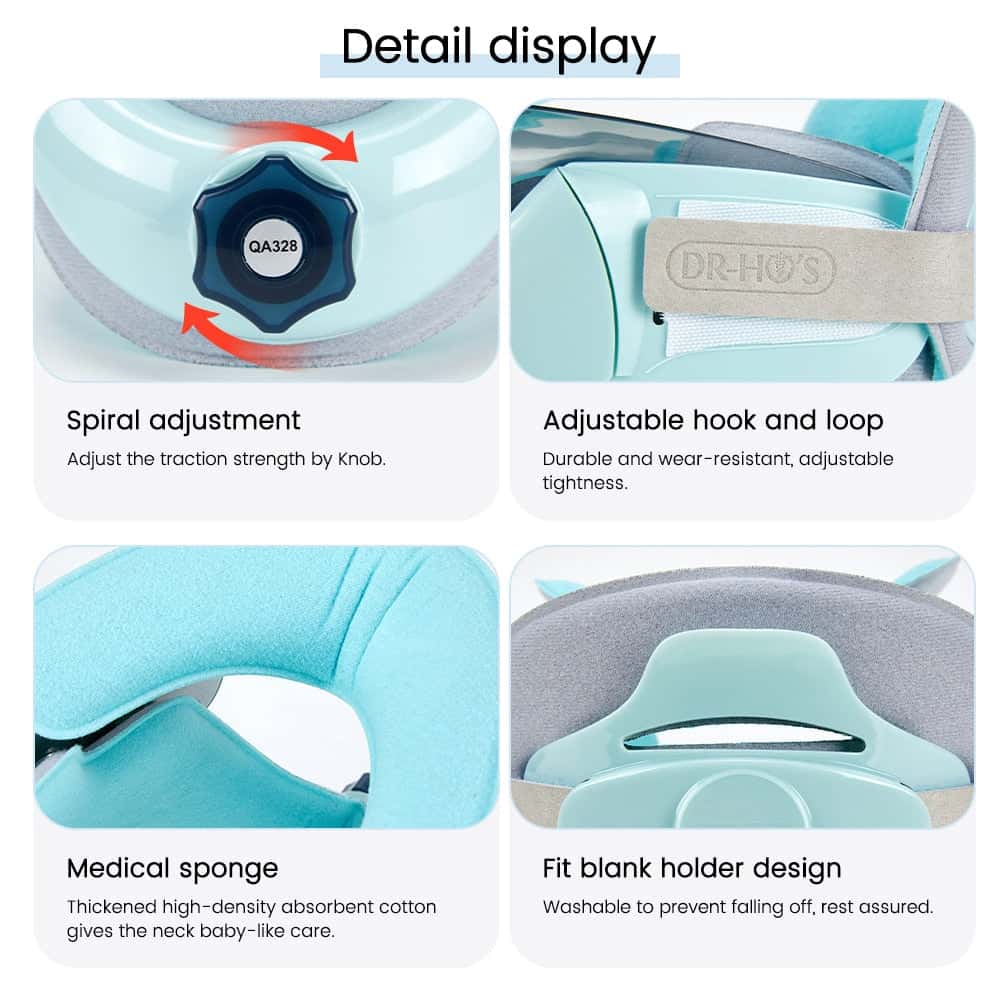
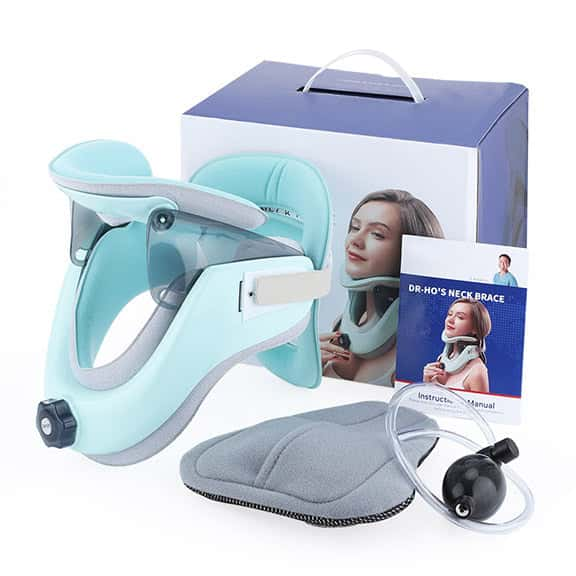
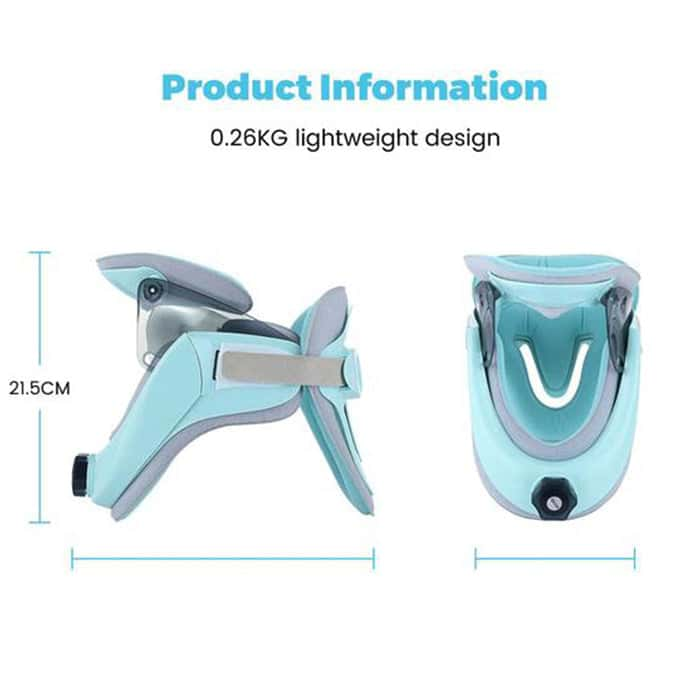





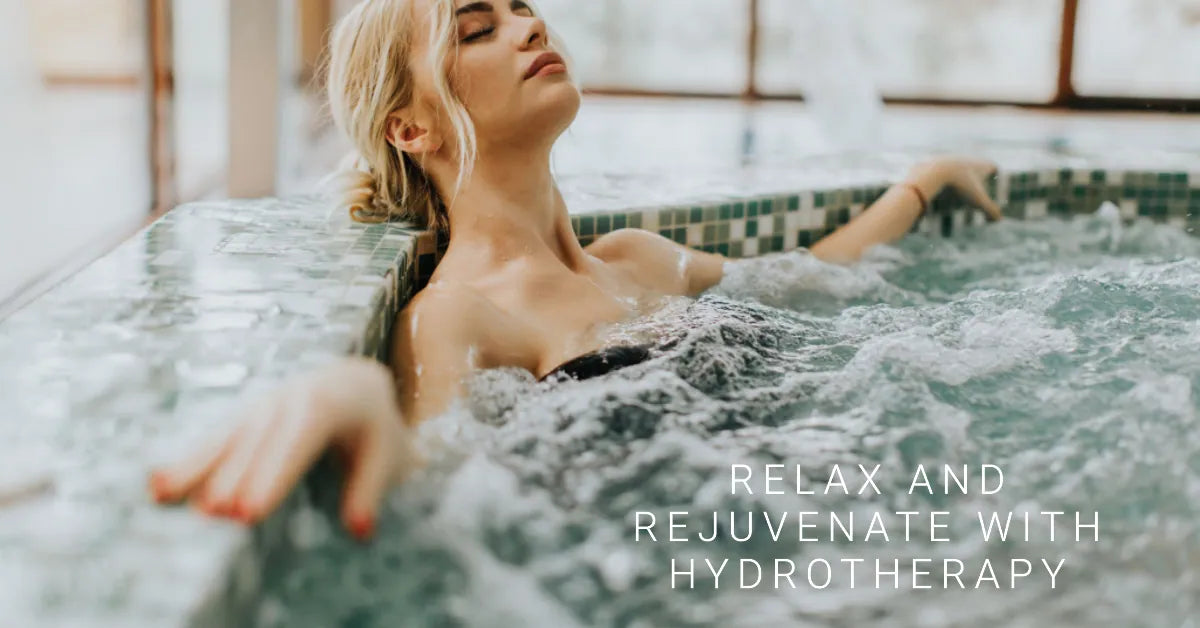
Share and get 15% off!
Simply share this product on one of the following social networks and you will unlock 15% off!